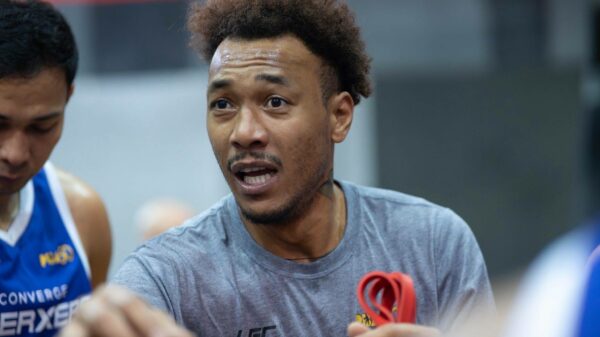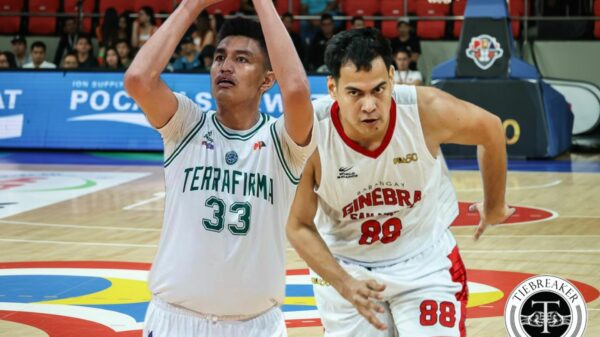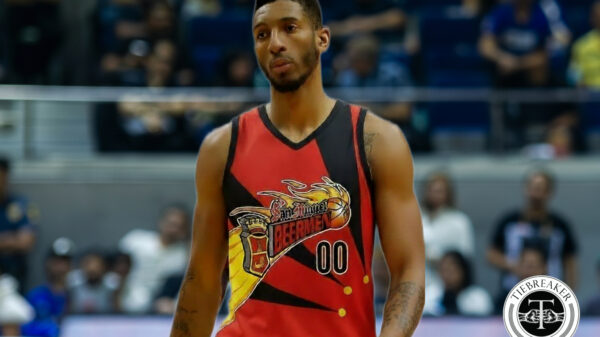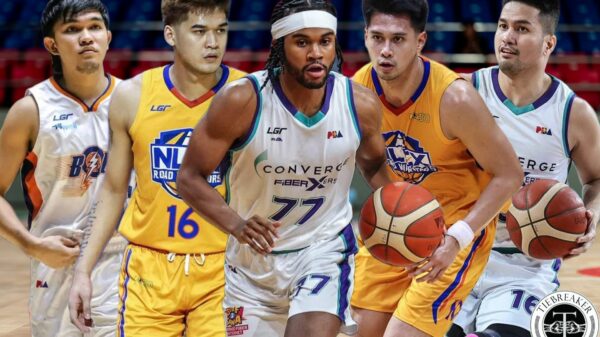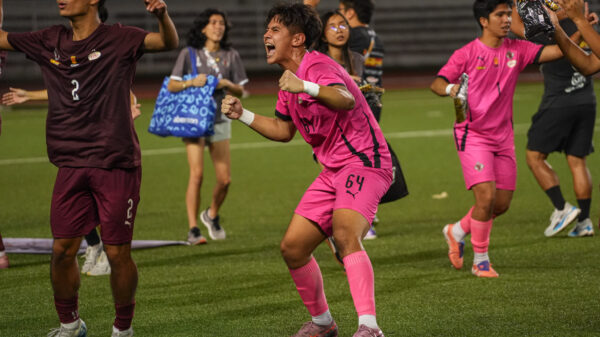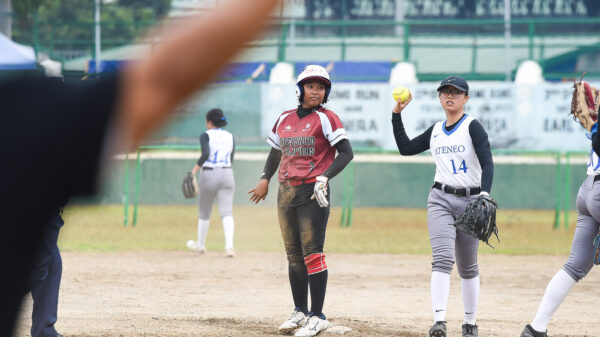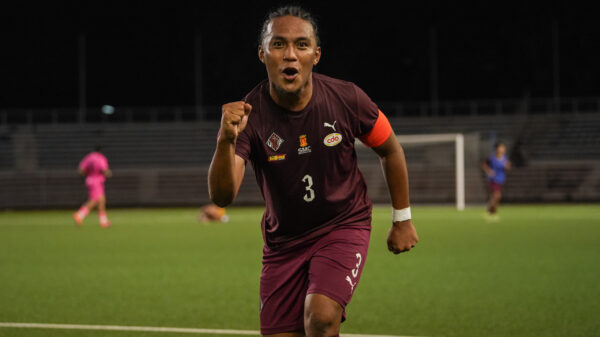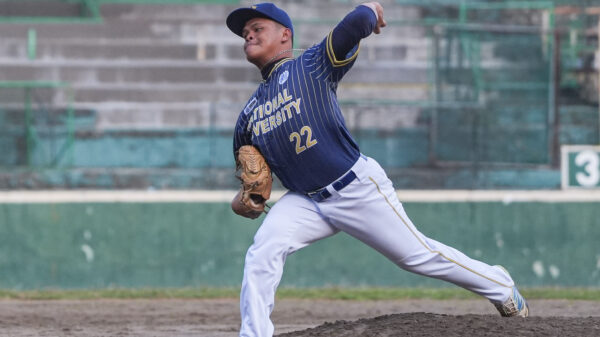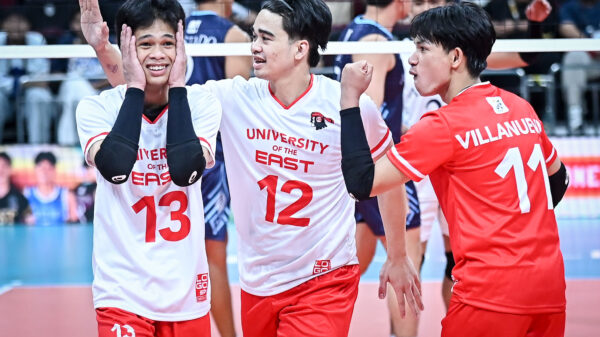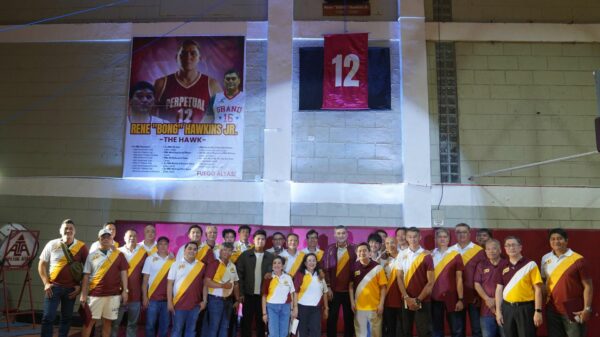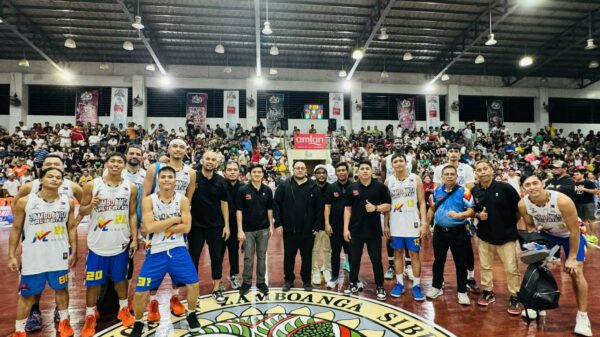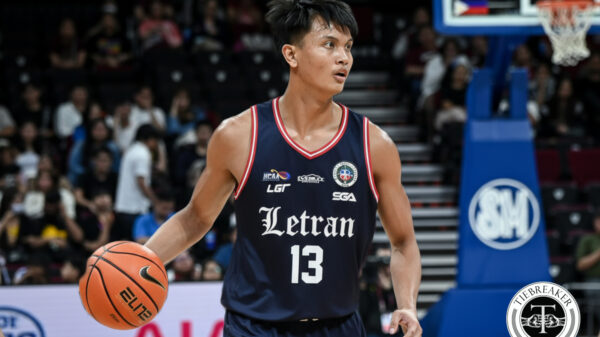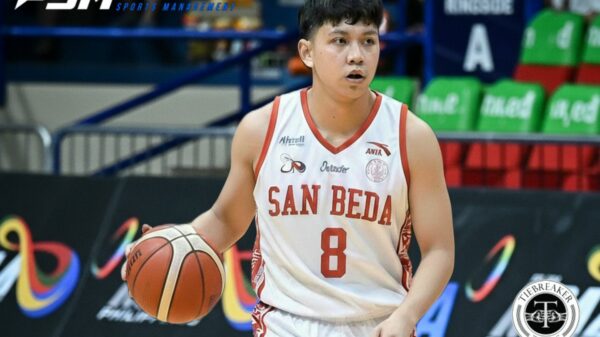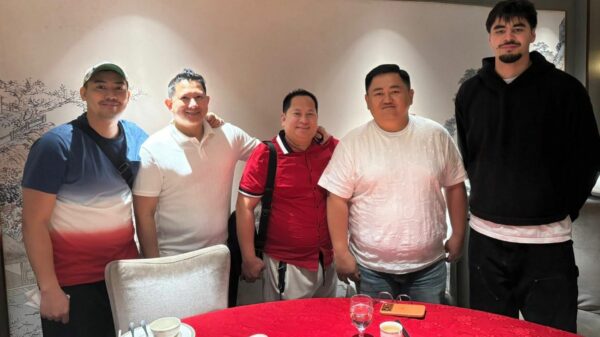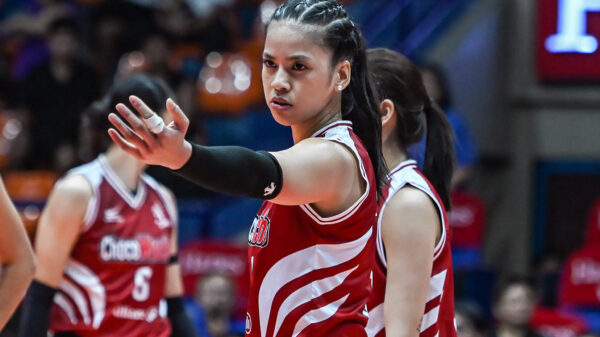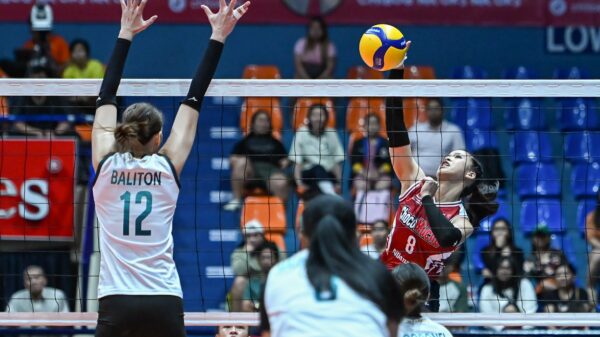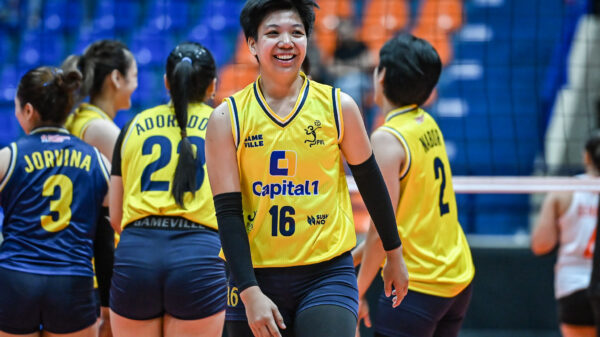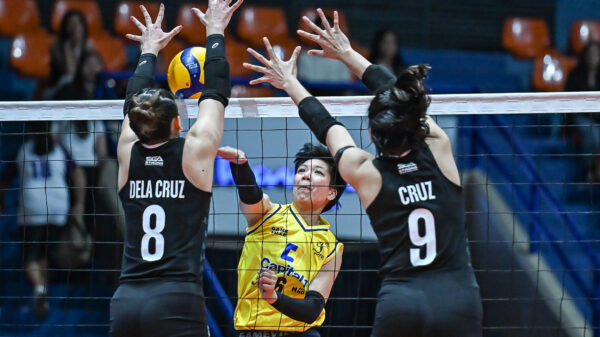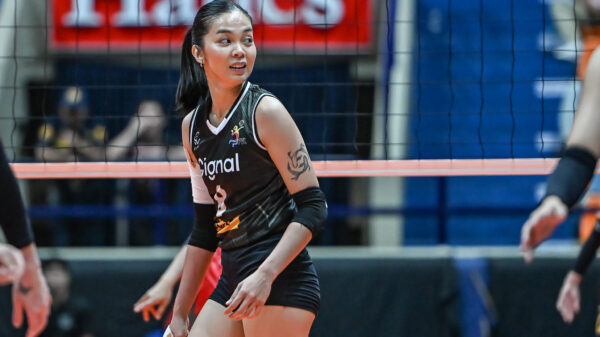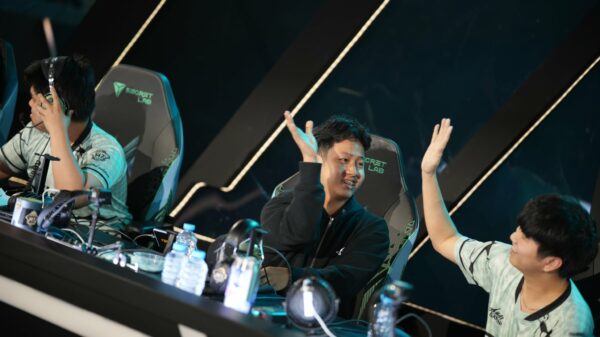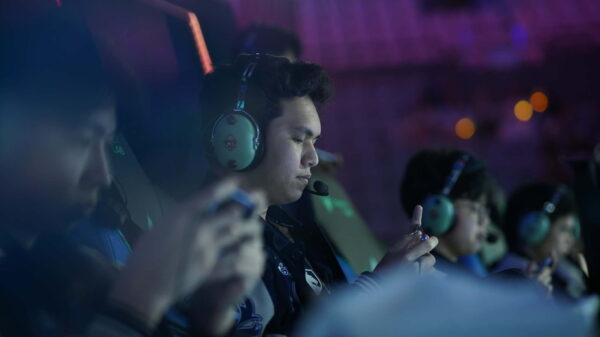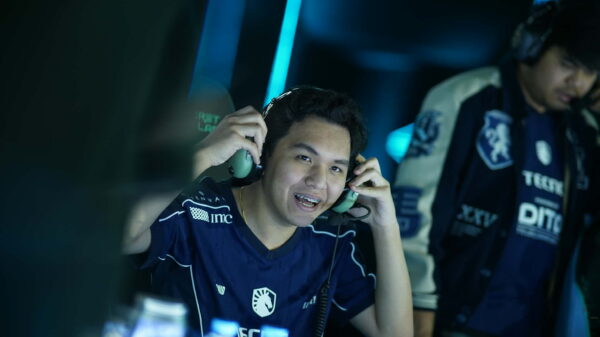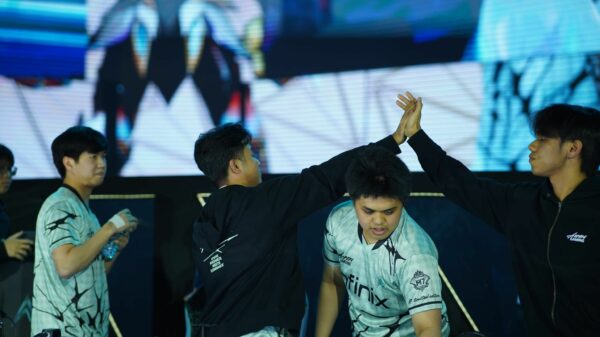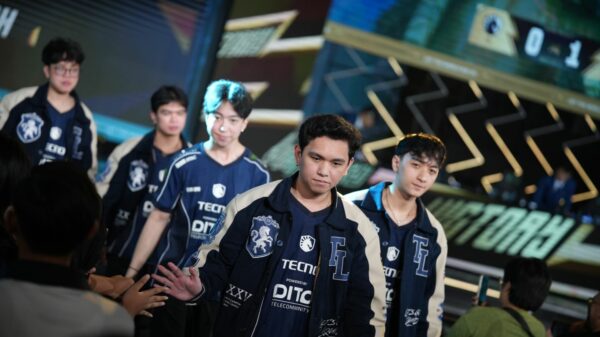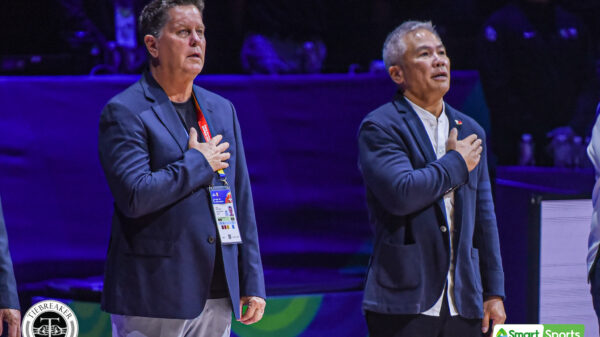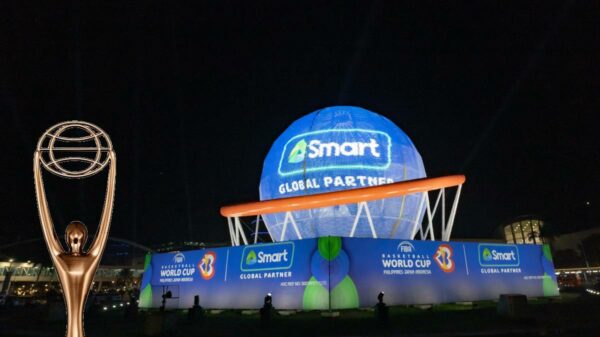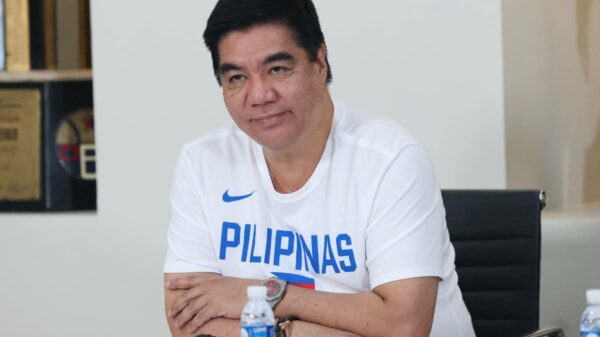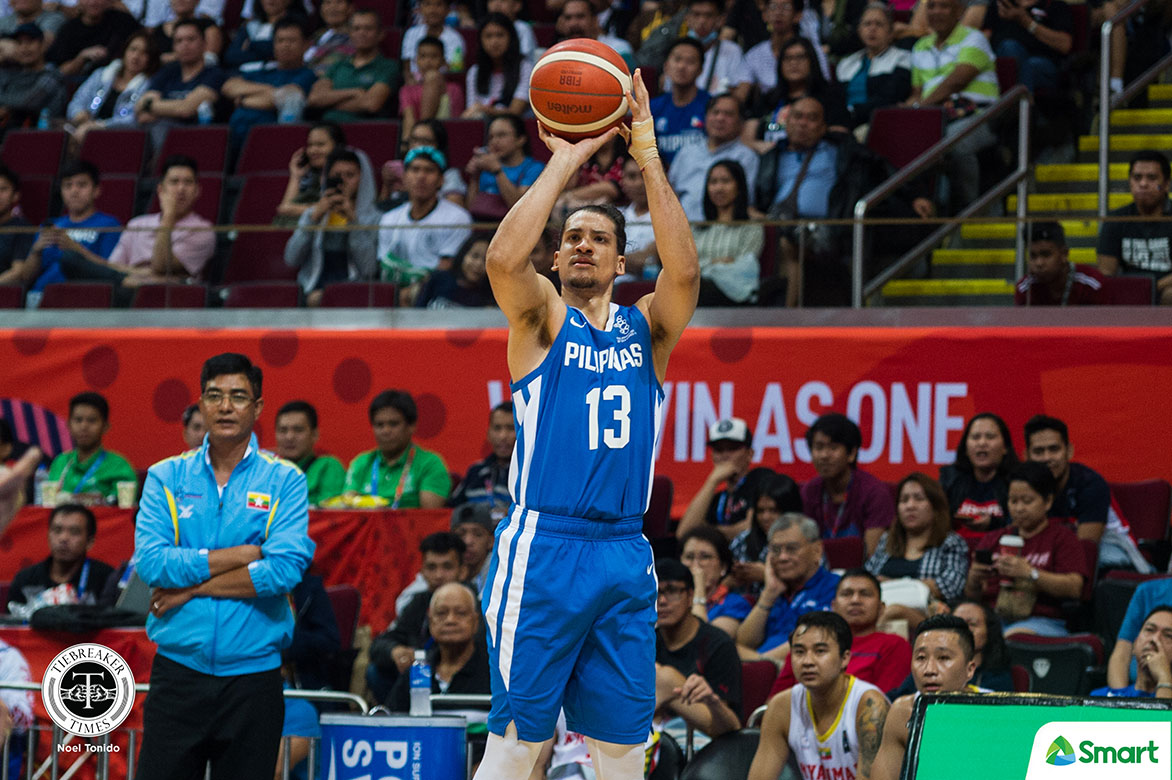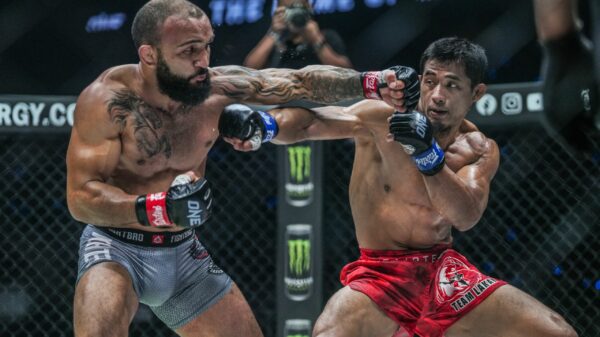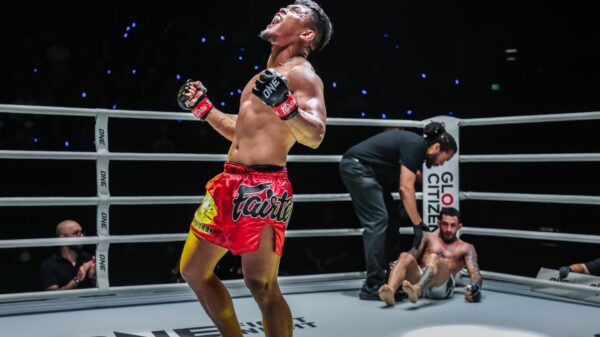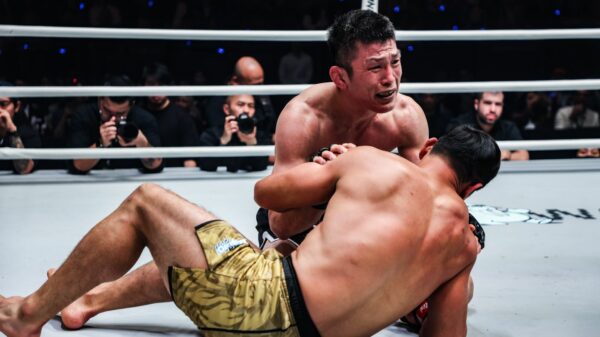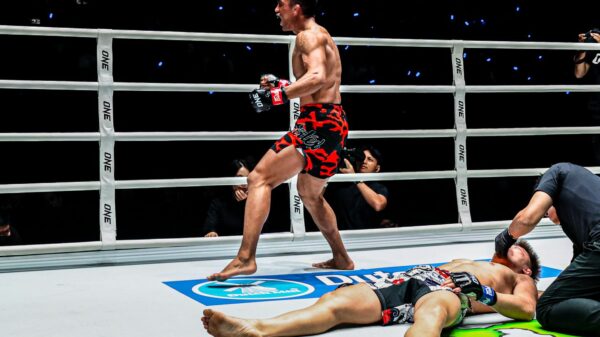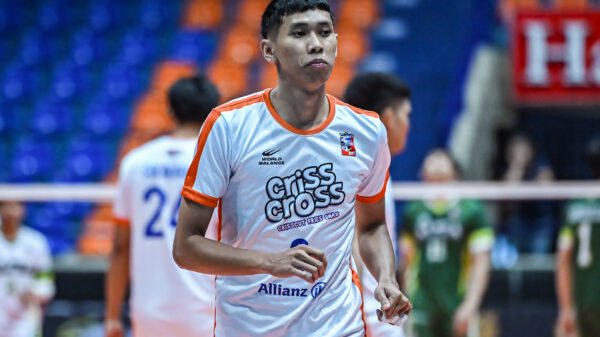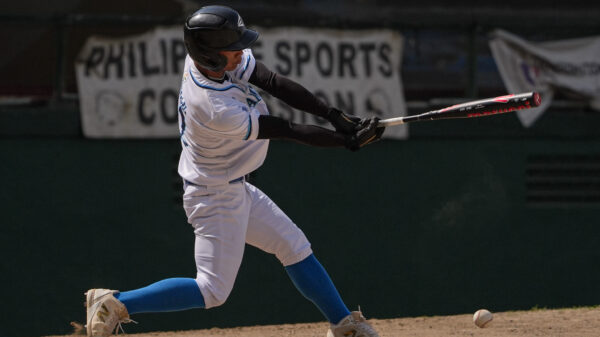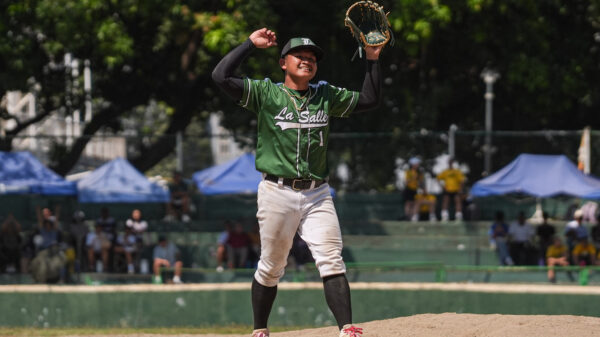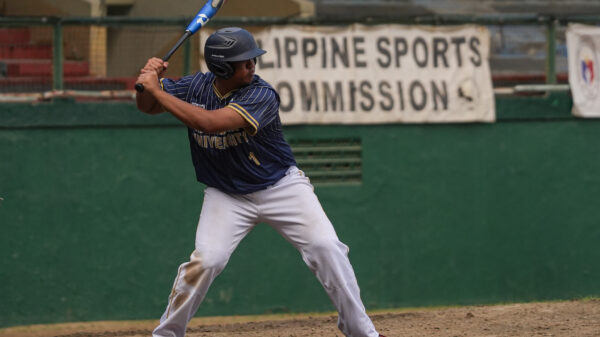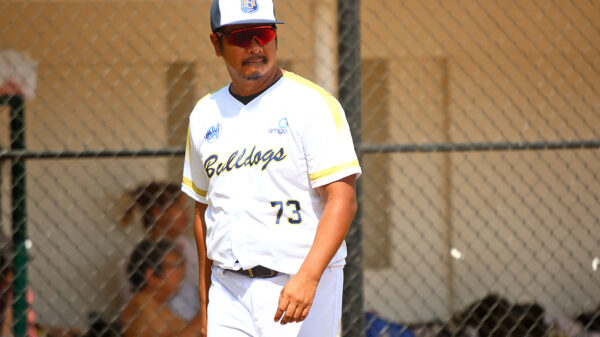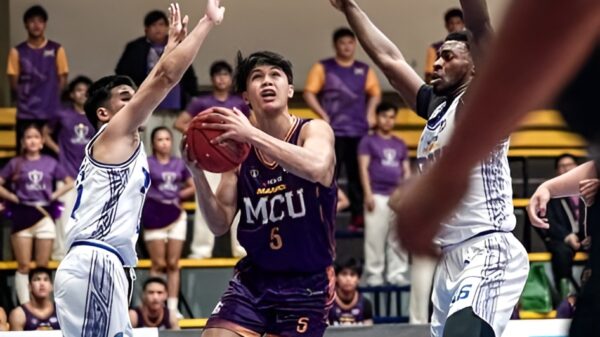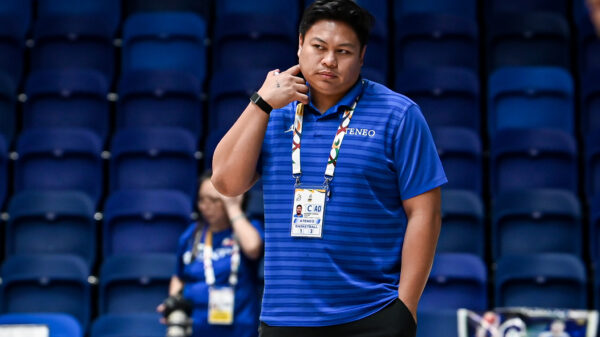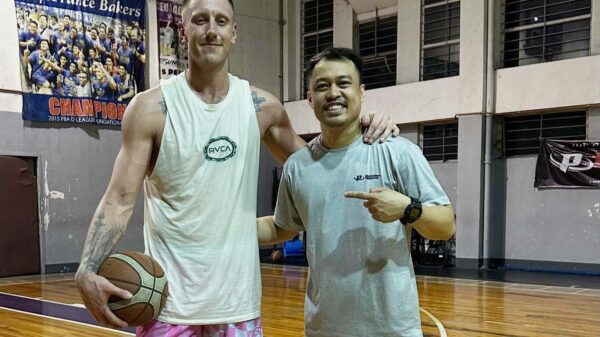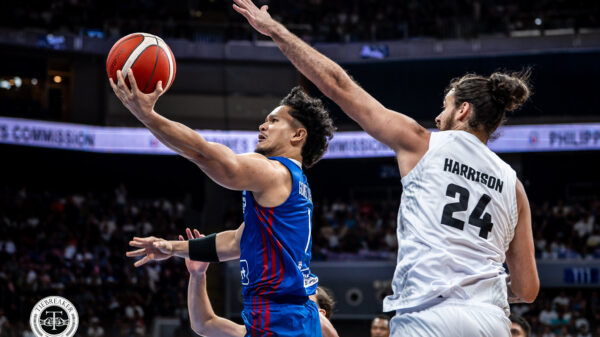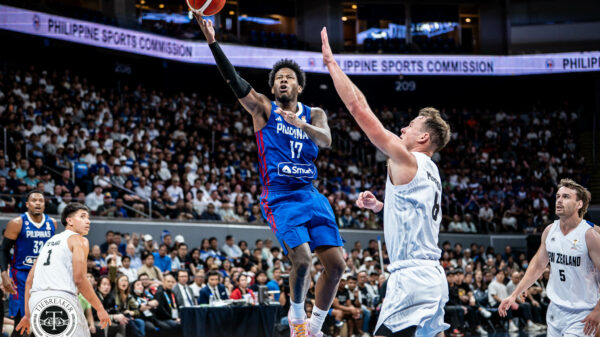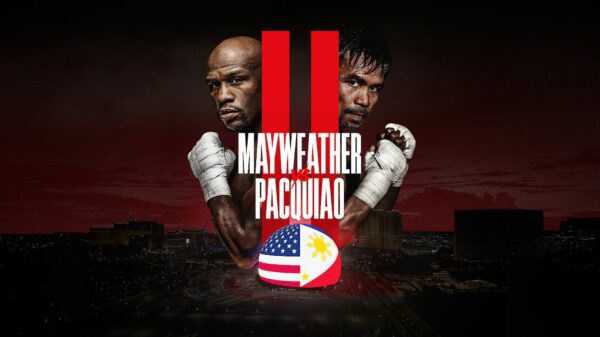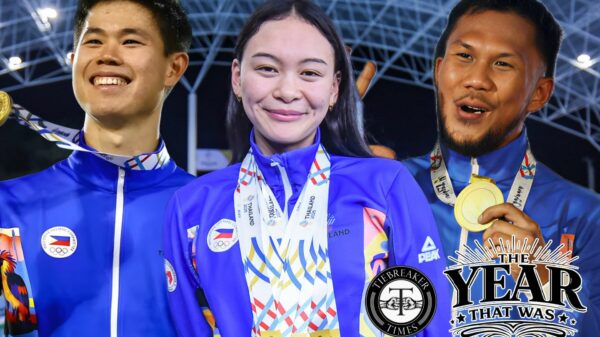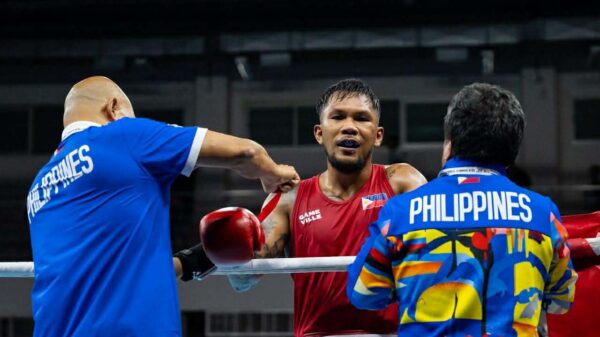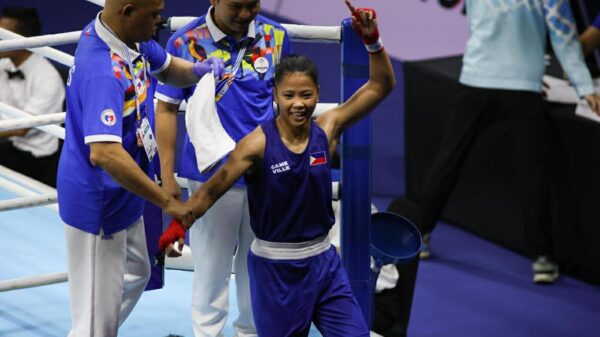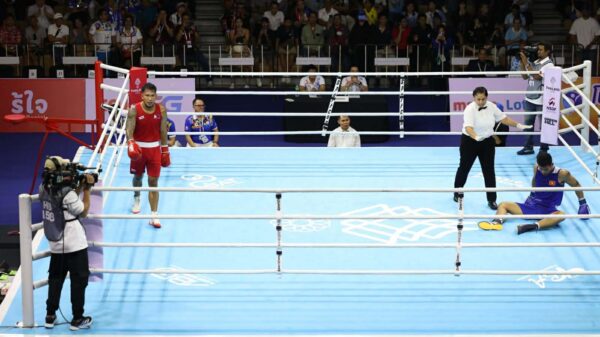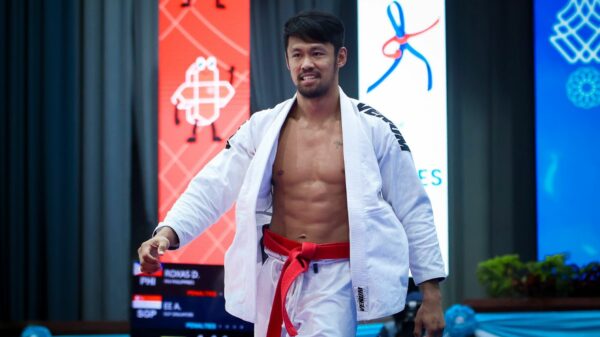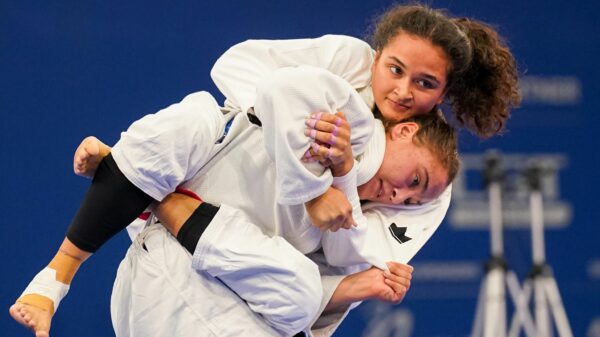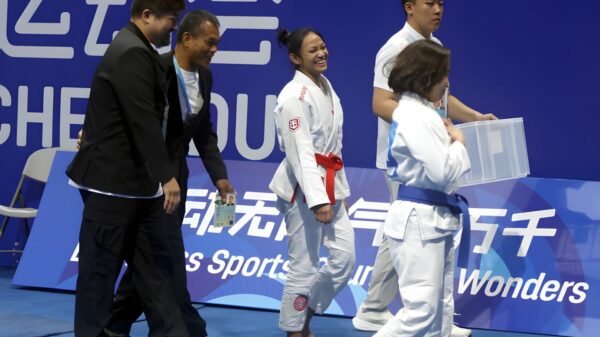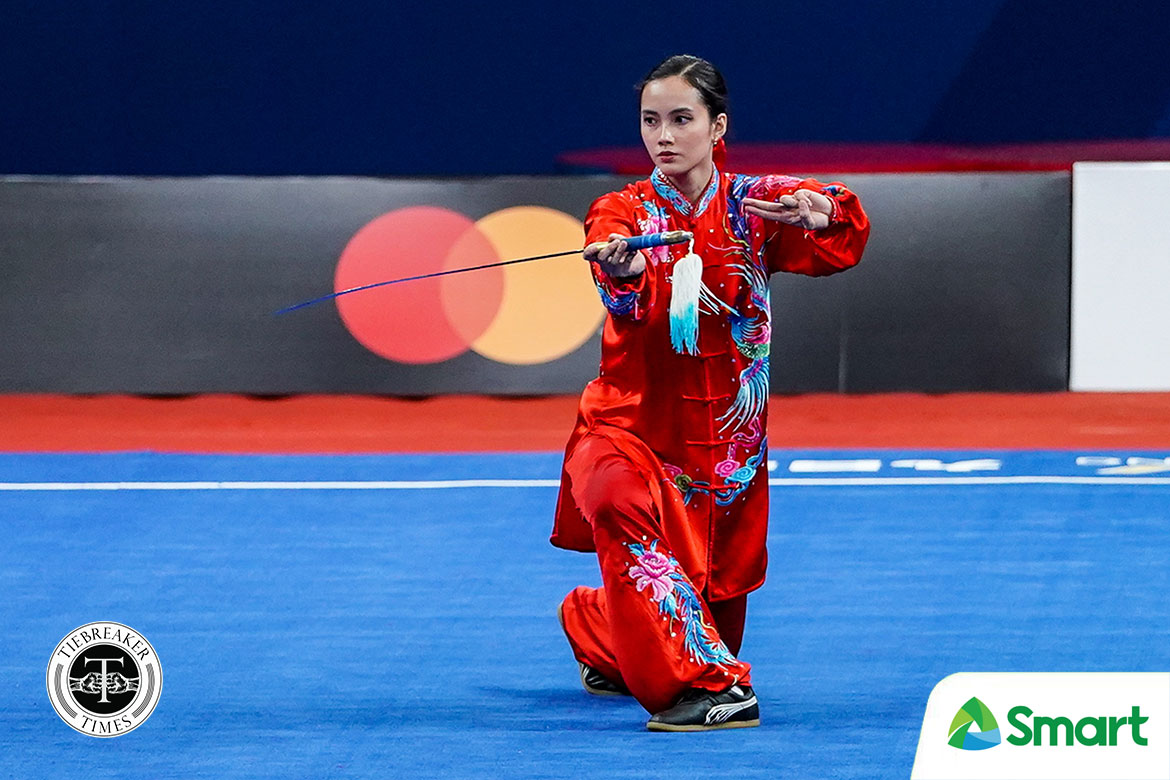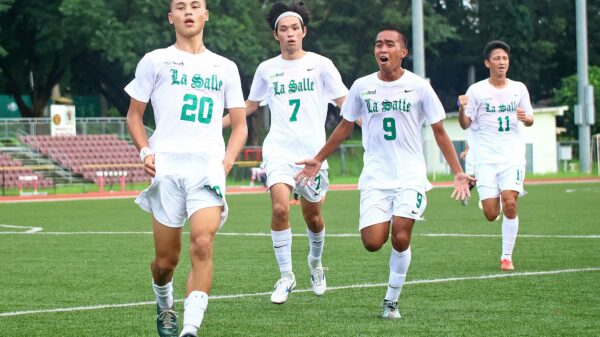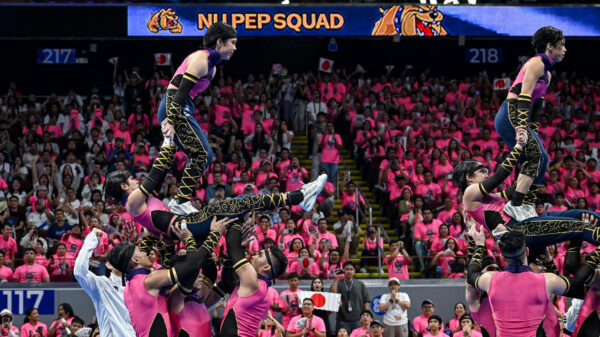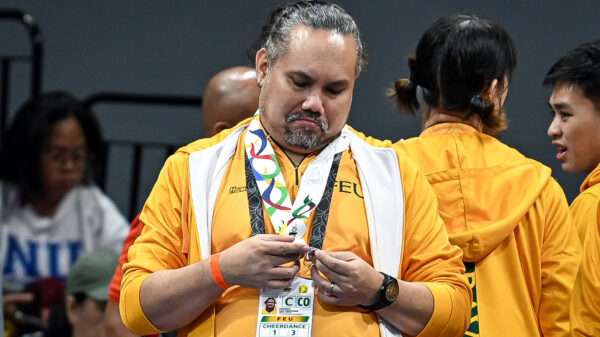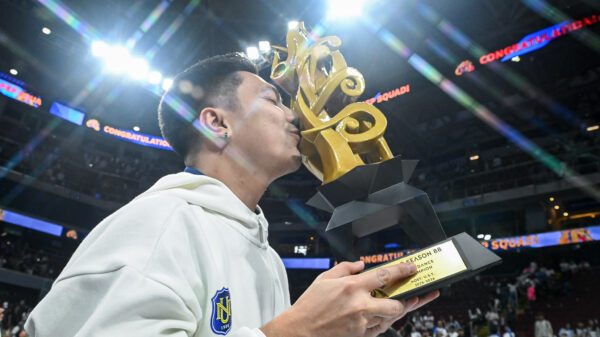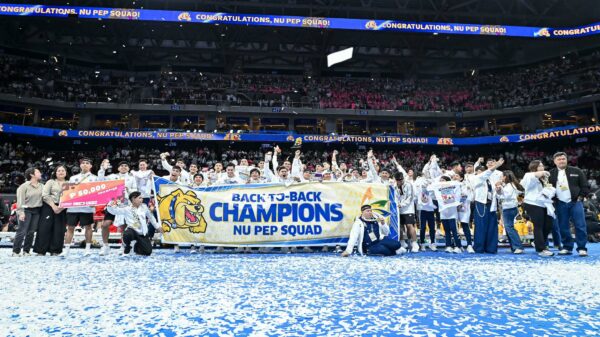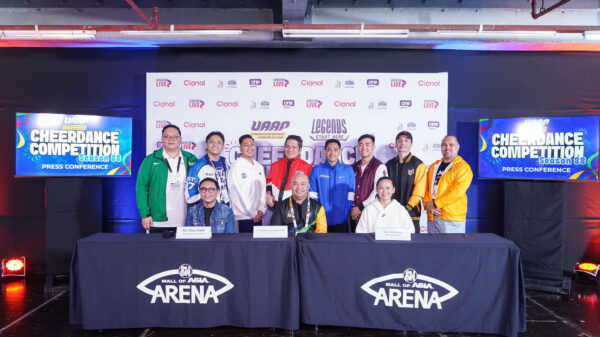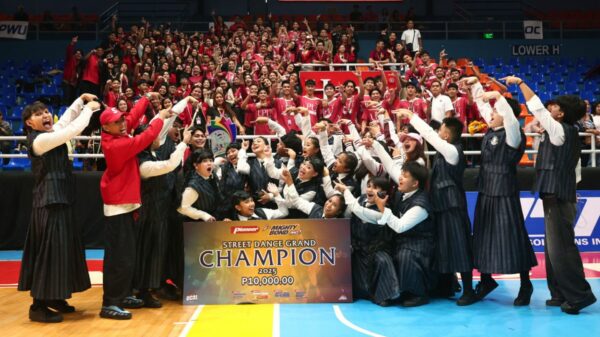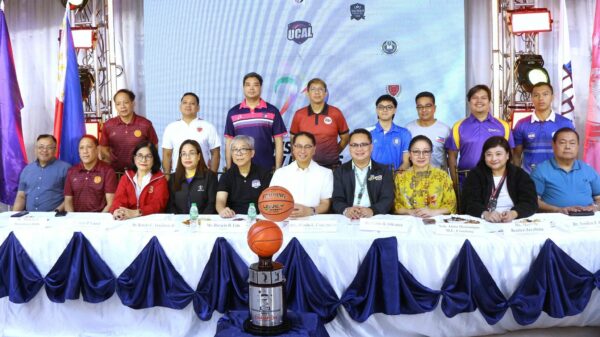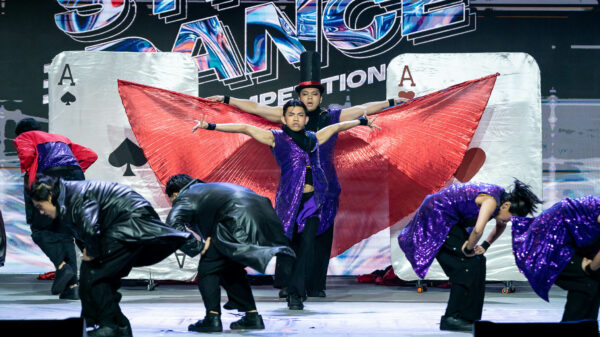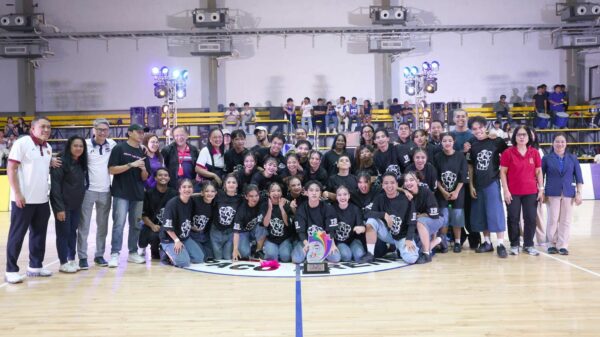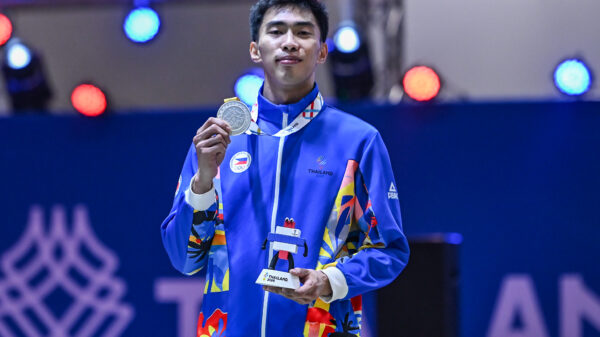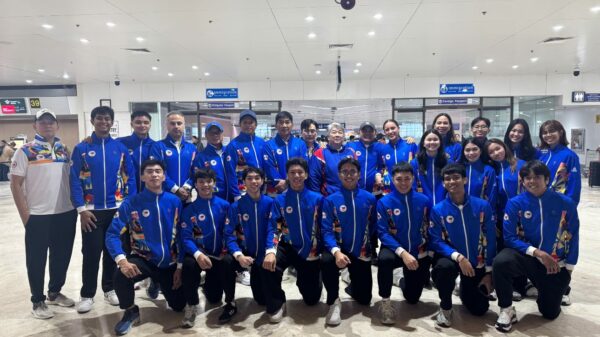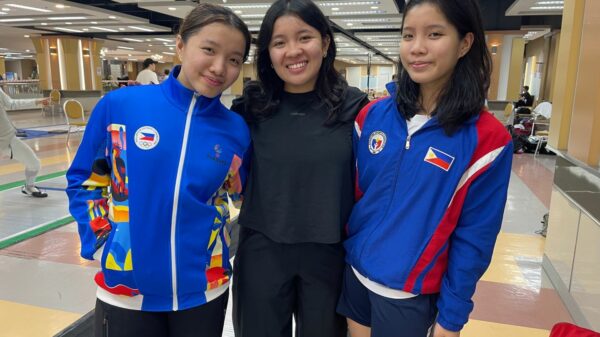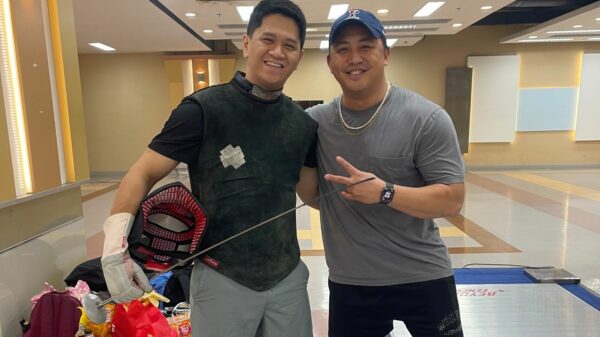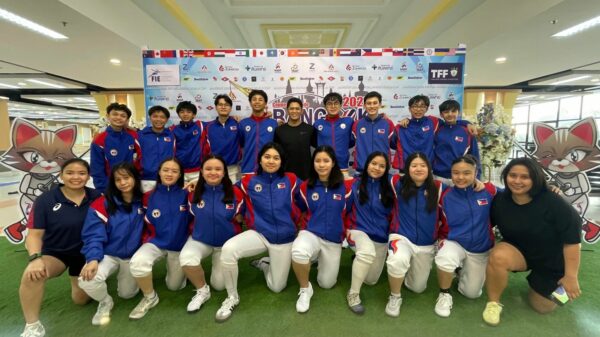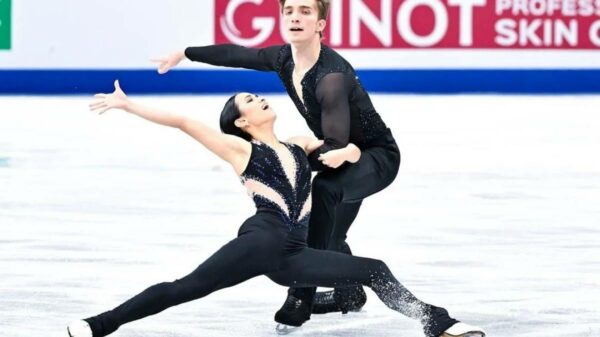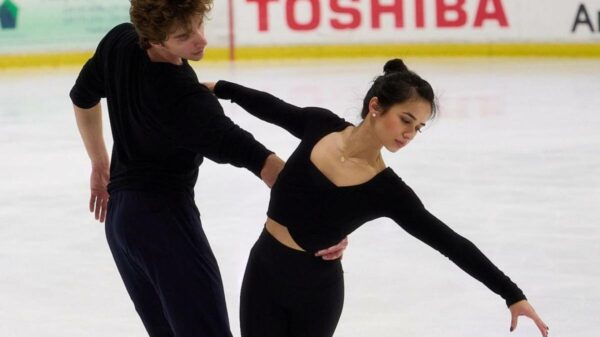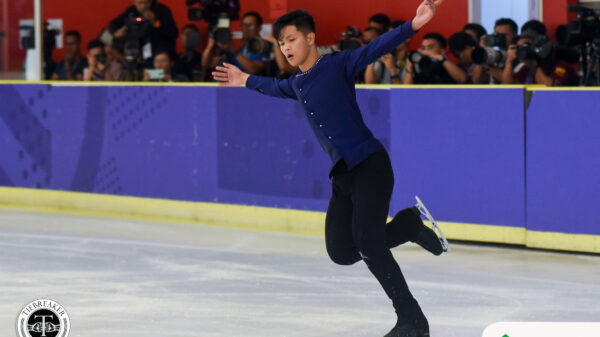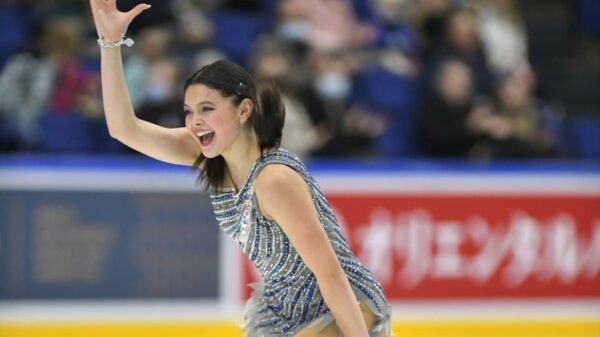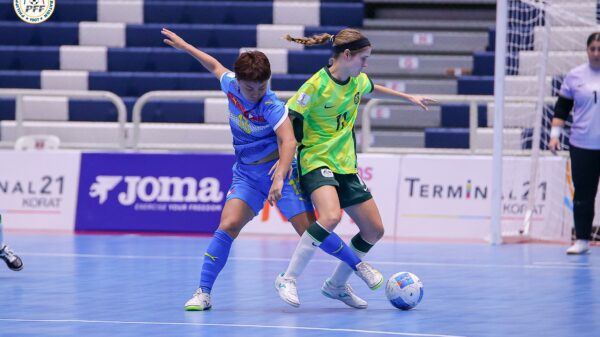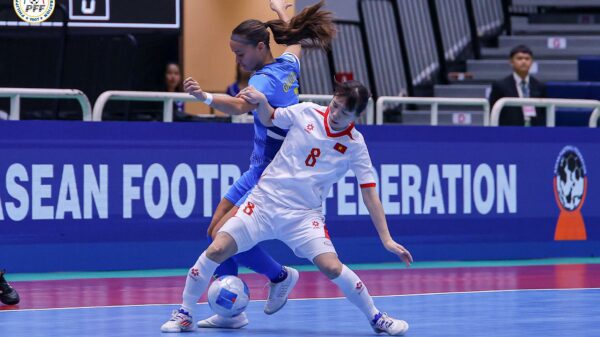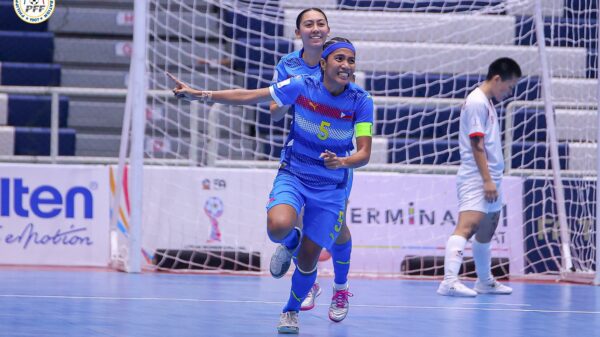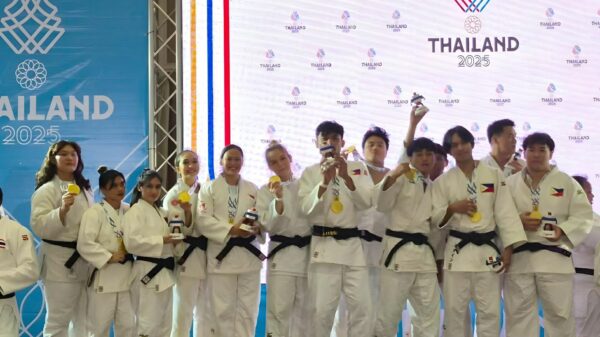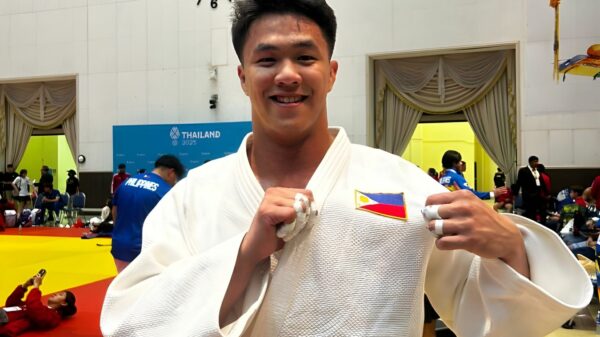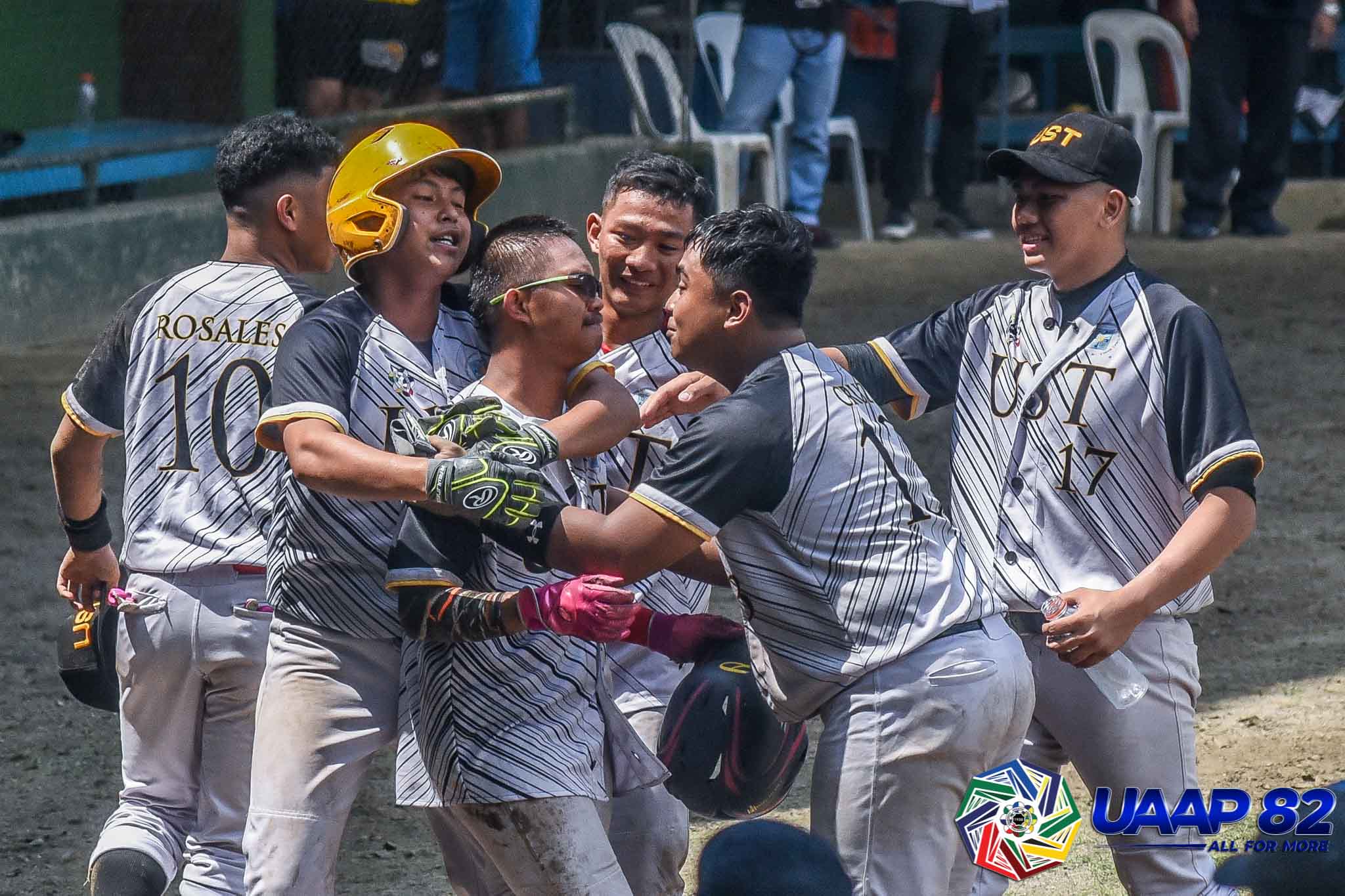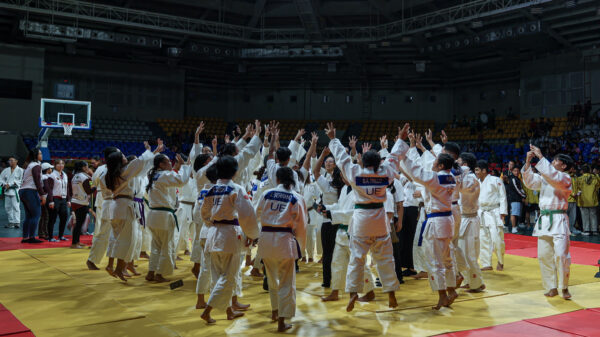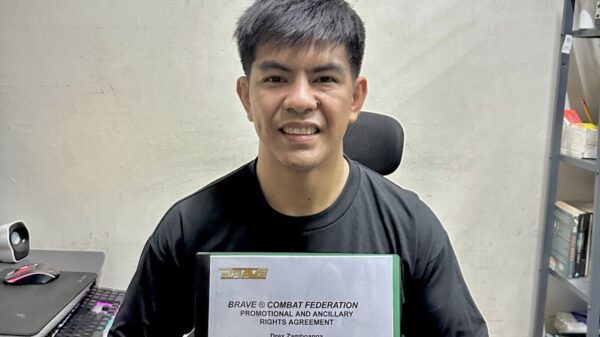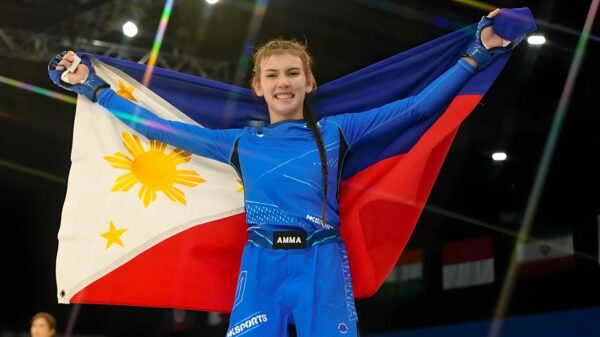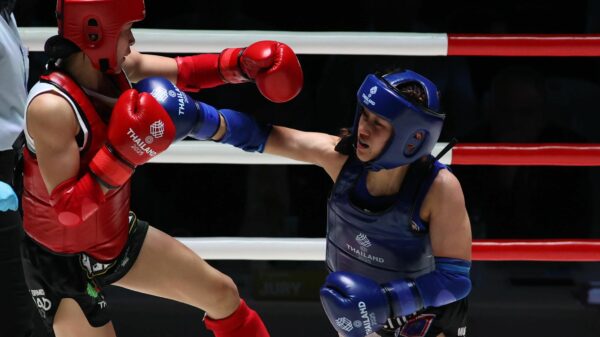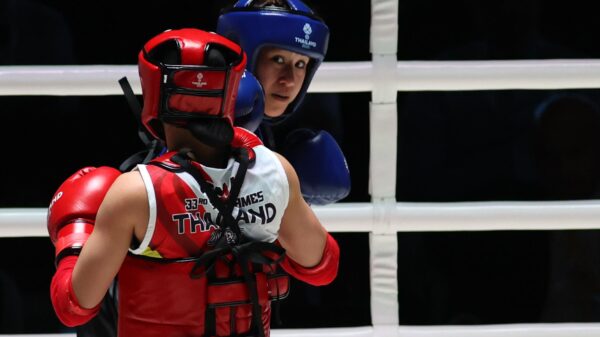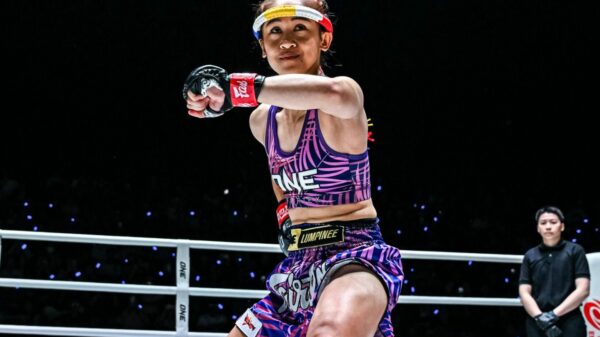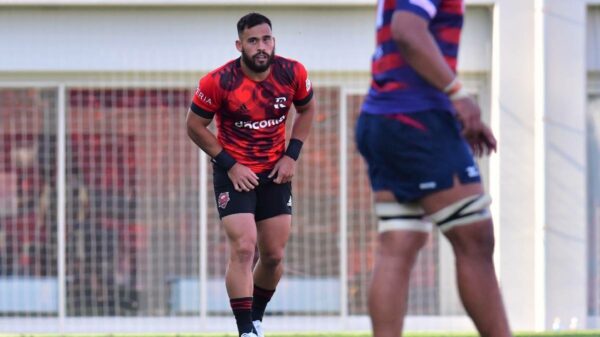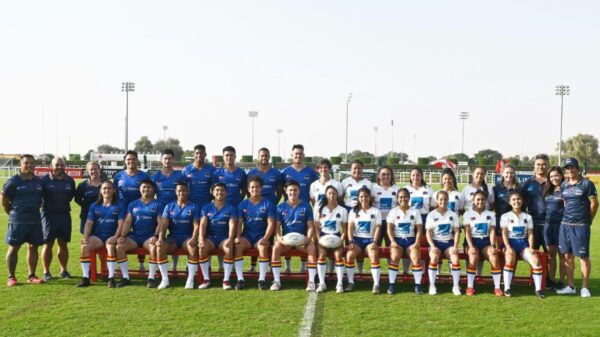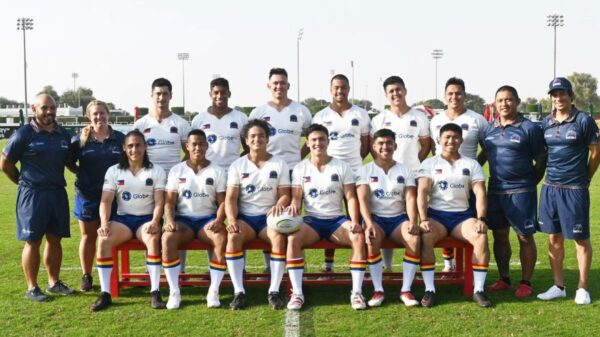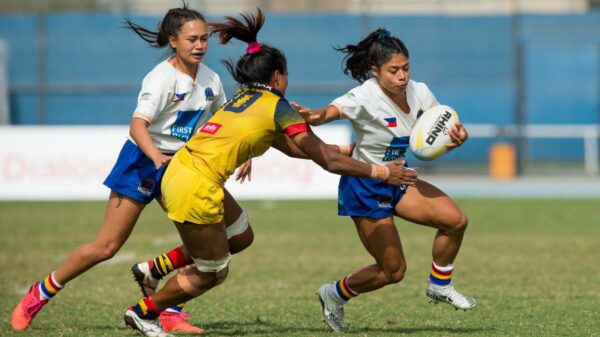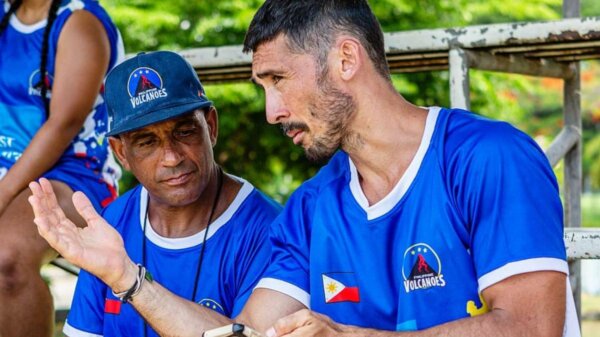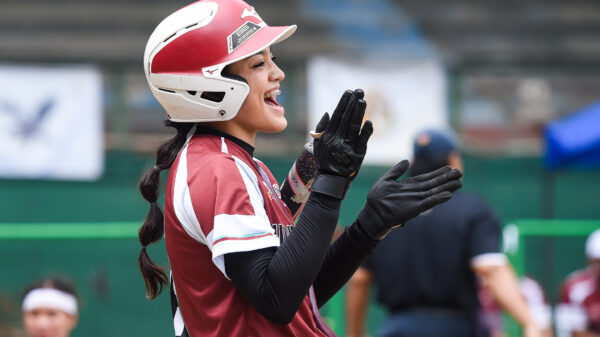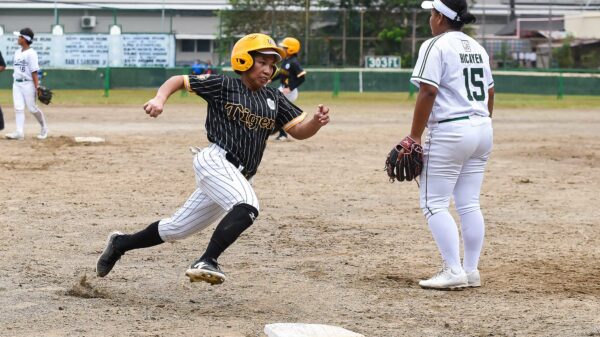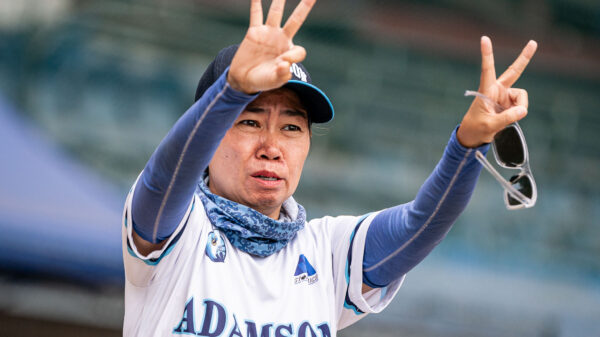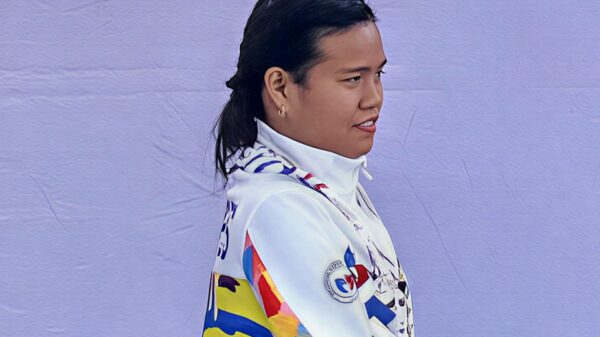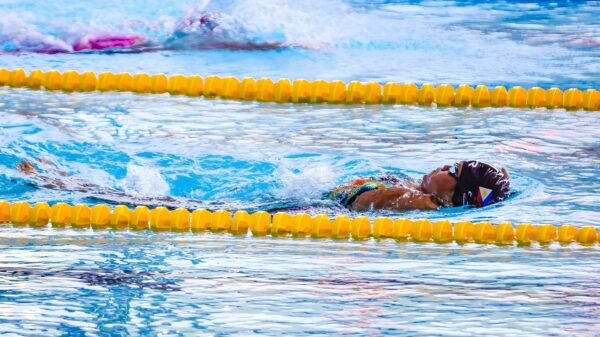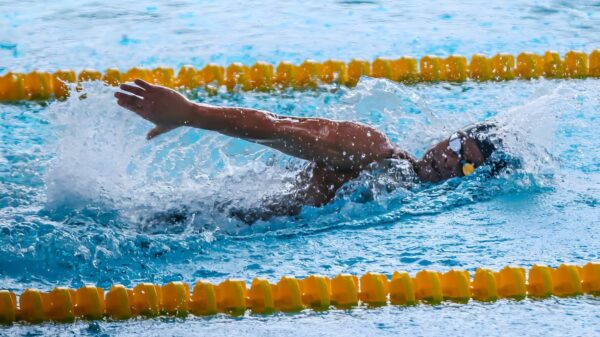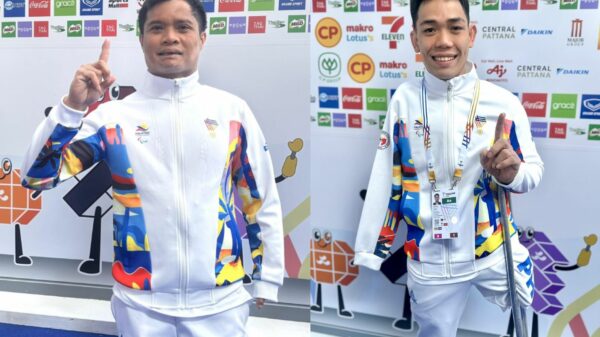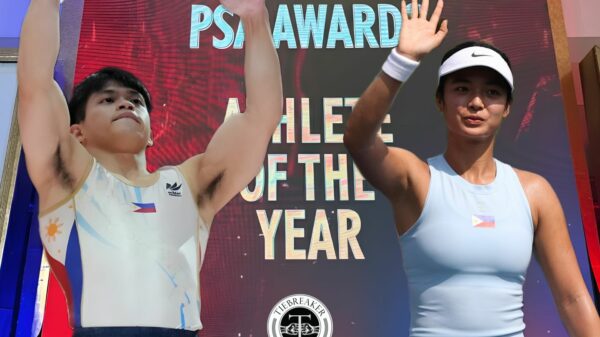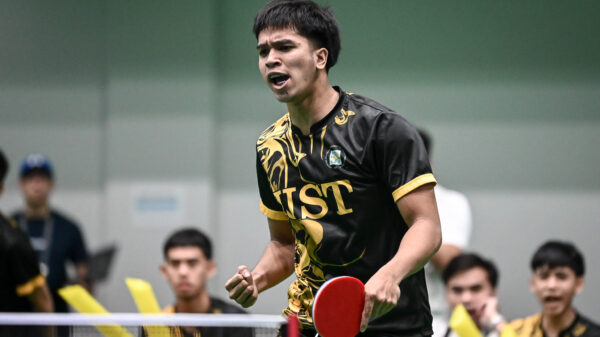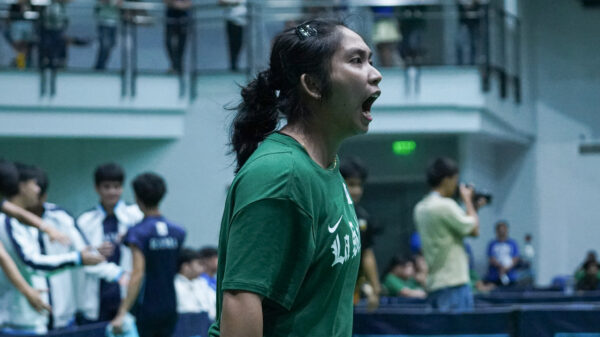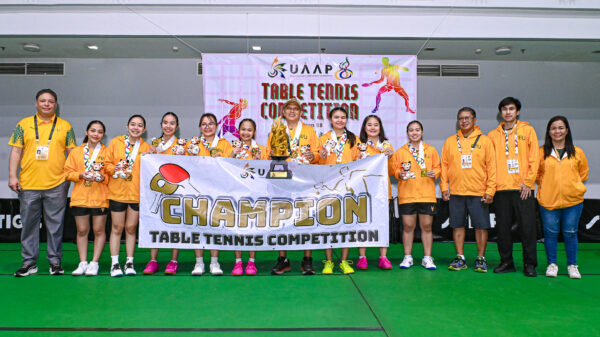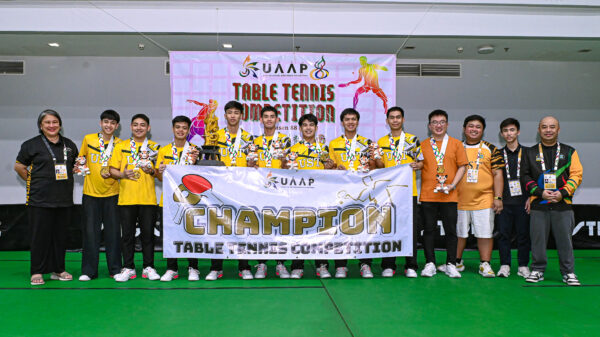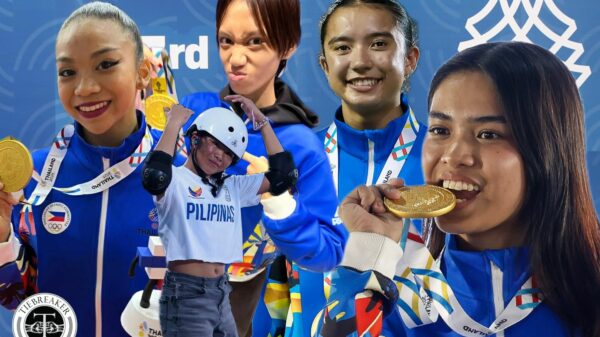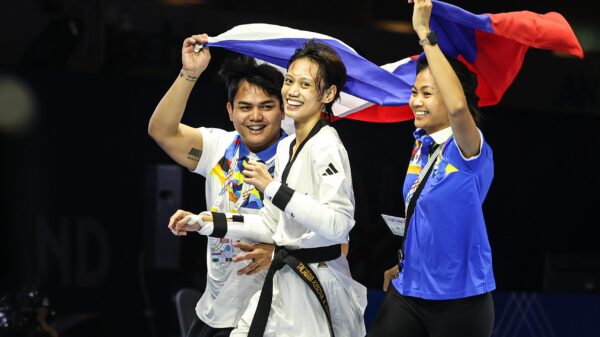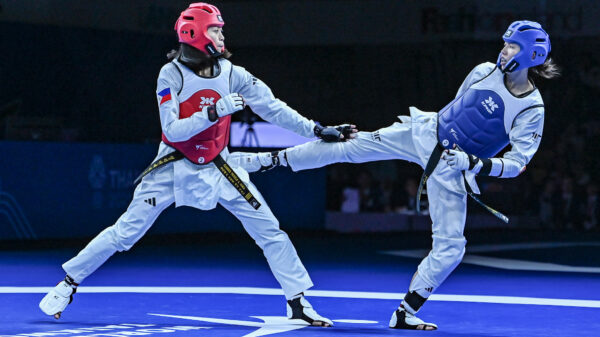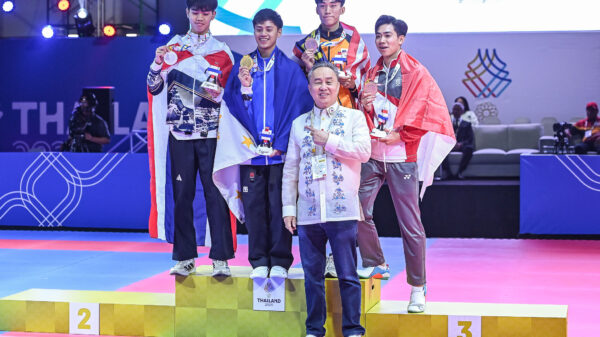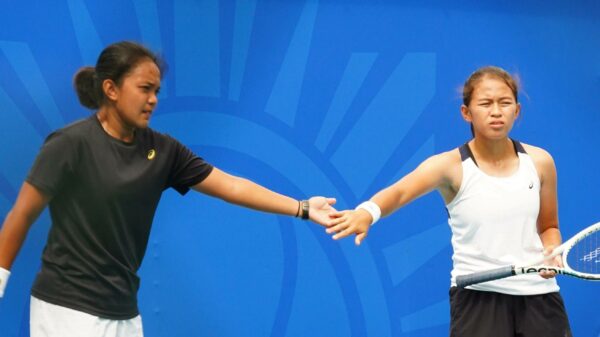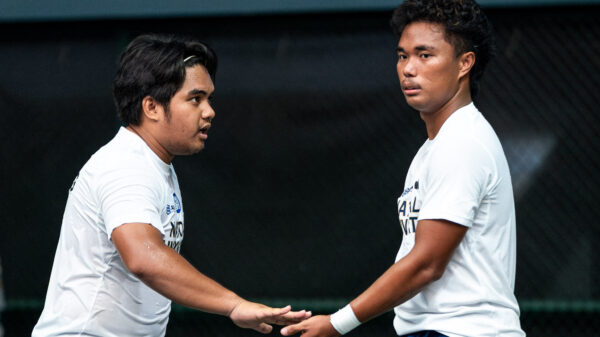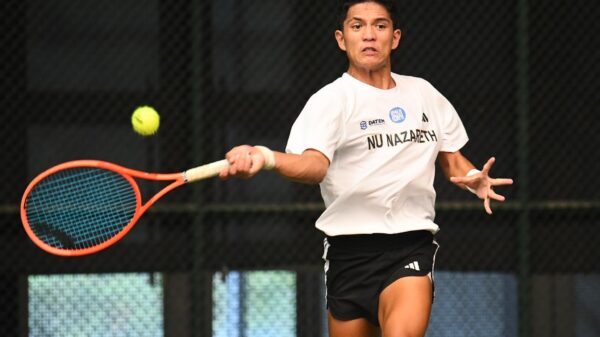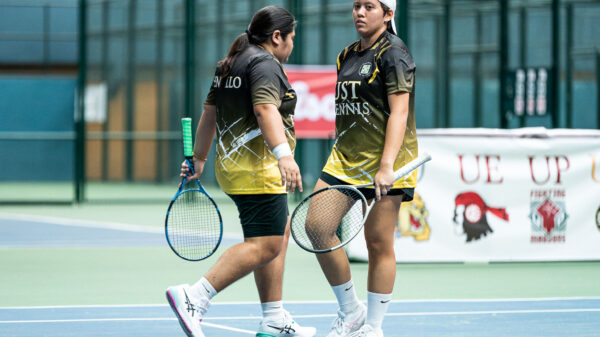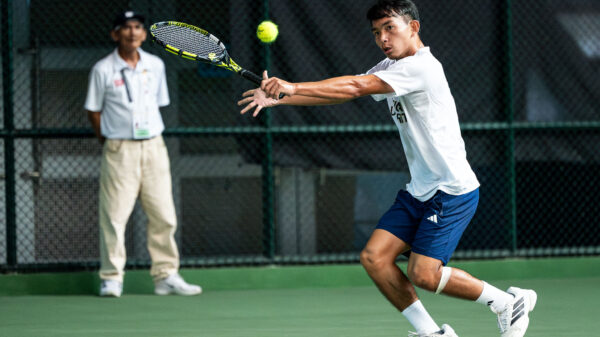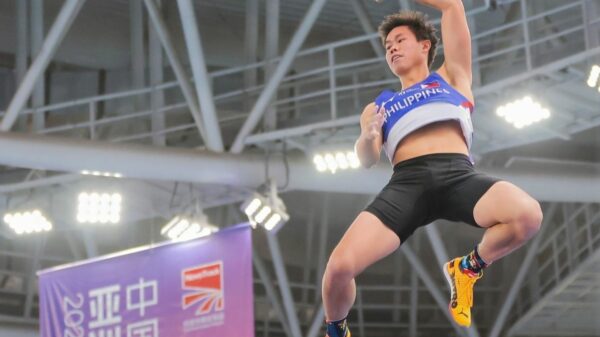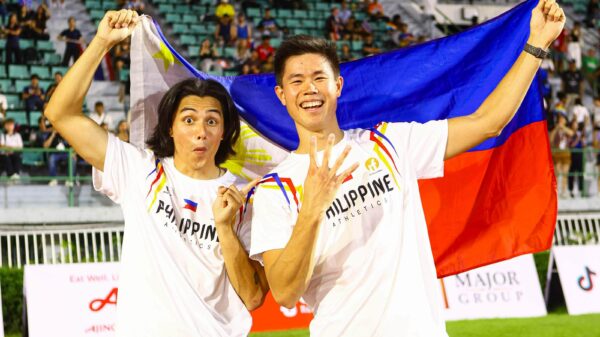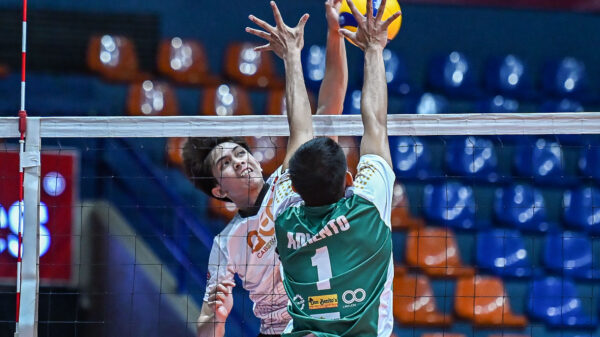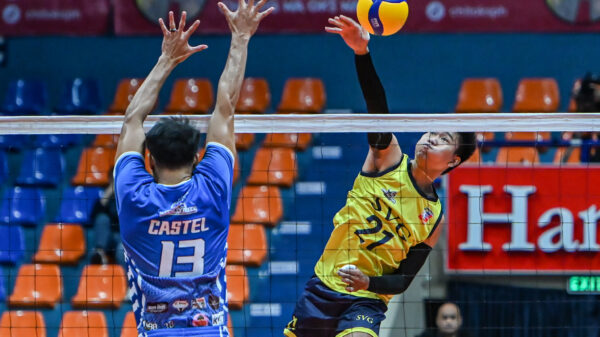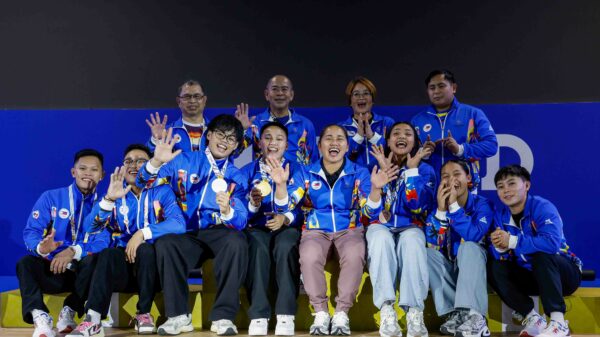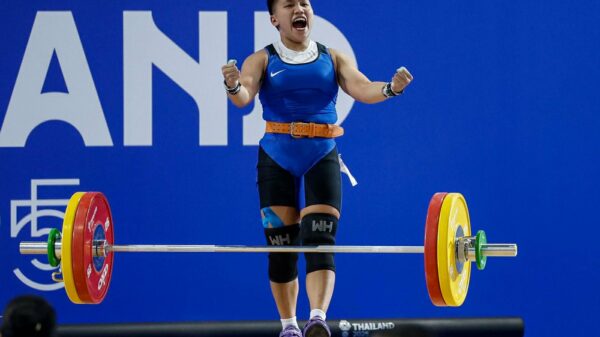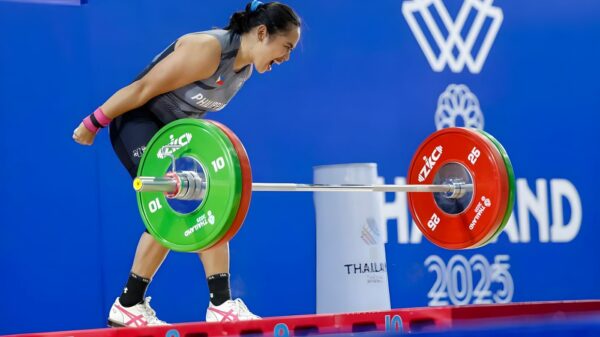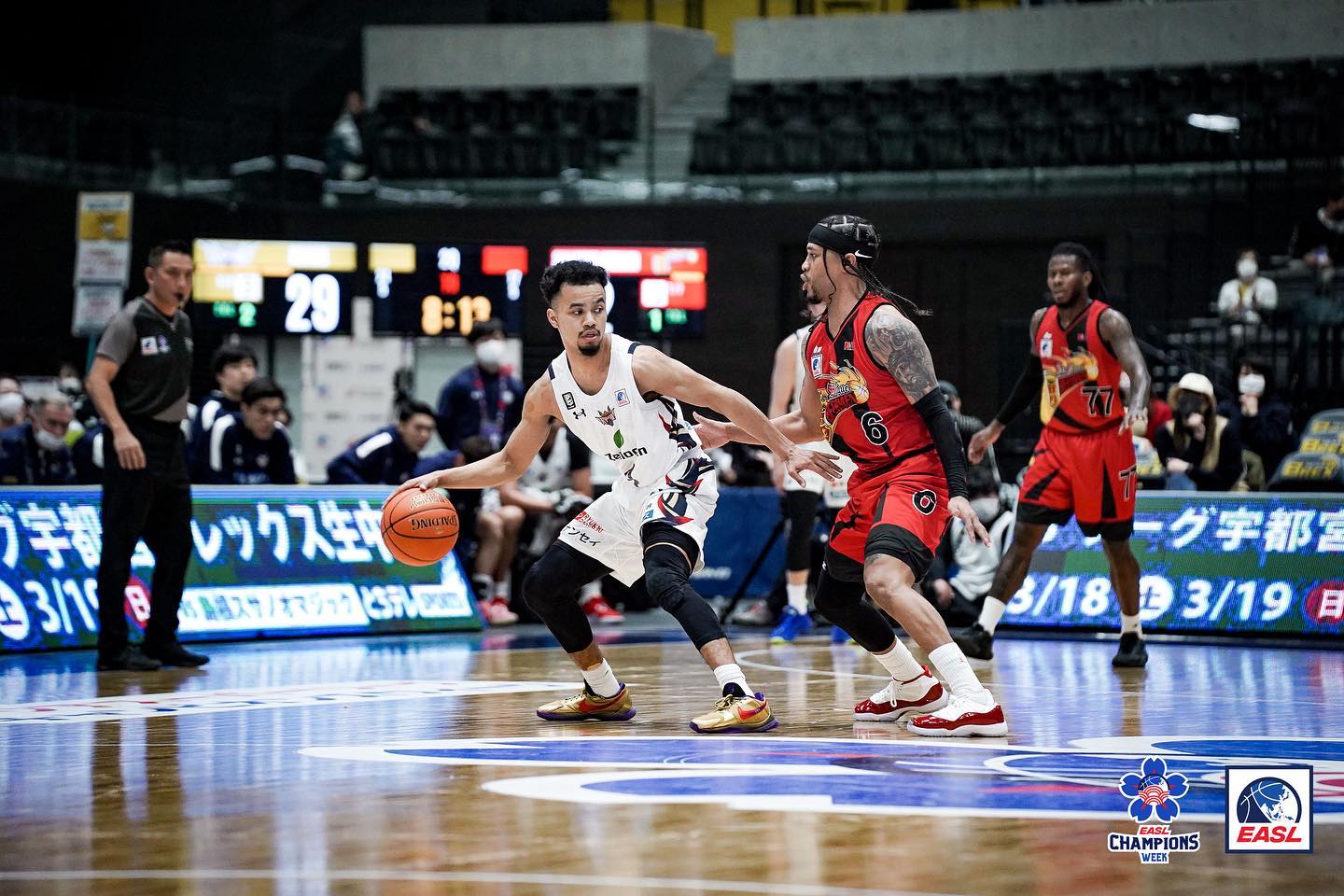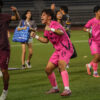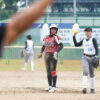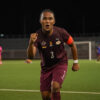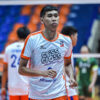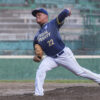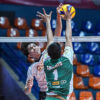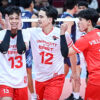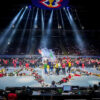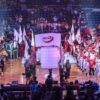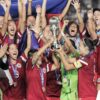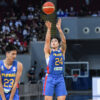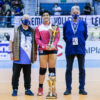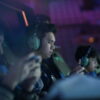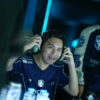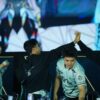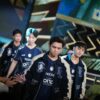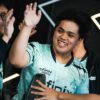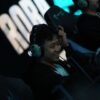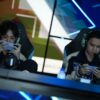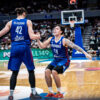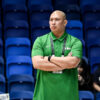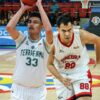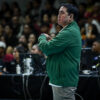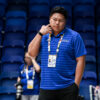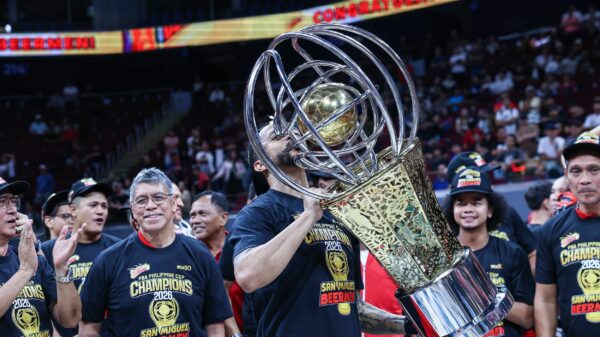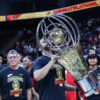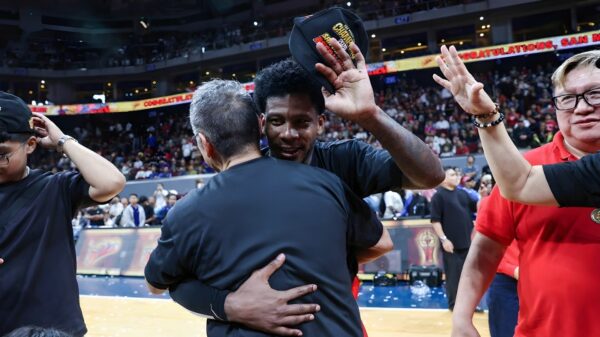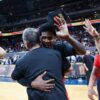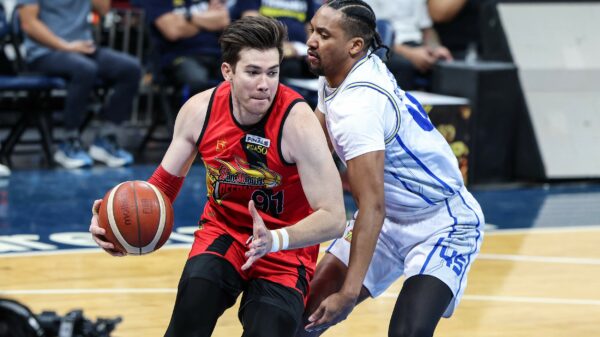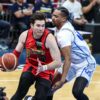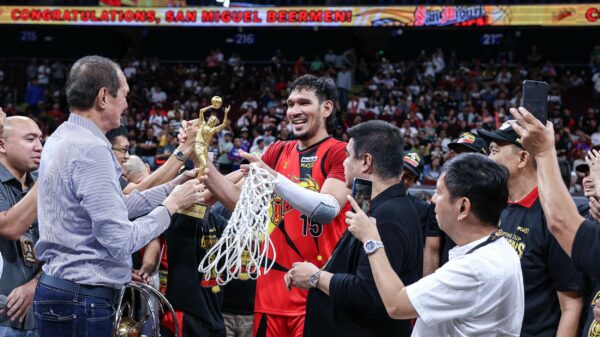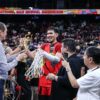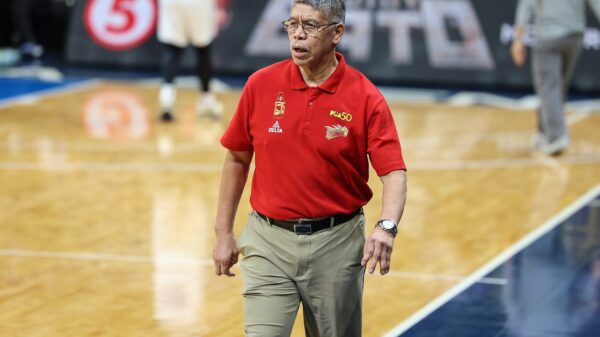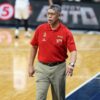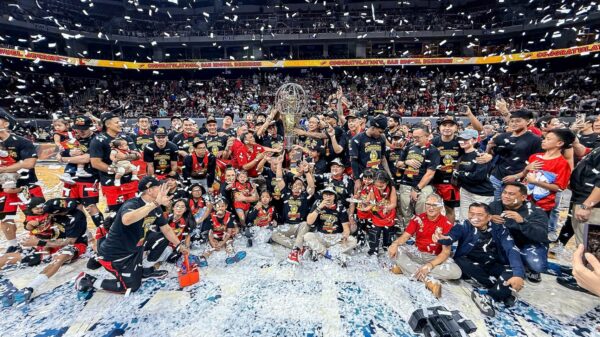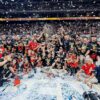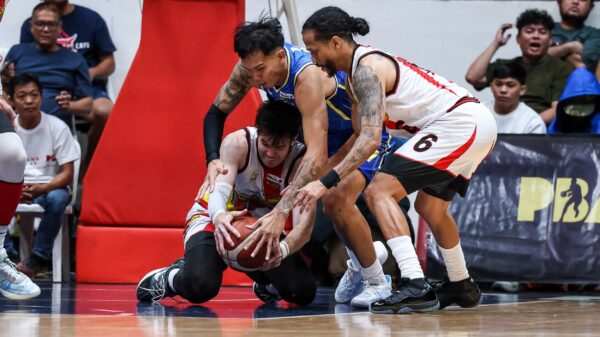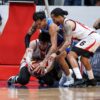Editor’s Note: This column does not reflect the views of Tiebreaker Times
Do they want everyone to believe that pro basketball players from two of the top ballclubs in Asia’s oldest play-for-pay league went all the way to Japan to join a tournament where they had no intention of winning any game?
Professional athletes, aside from egos, have pride too. It seems a stretch to even think that two proud franchises from the PBA did not care about getting embarrassed in blowouts viewed by an international audience.
This is why the quote attributed to Chris Ross prior to the start of the East Asia Super League made sense, that he and his squad were excited to compete given their current high level of play and that they wanted to be the best of the best.
Every athlete, even at the ‘purok’ level, wants to be able to step up his game when given the opportunity to pit his talents against the best in the neighborhood, in the barangay, or in the city.
The competitive nature of an athlete will almost always come to the fore.
Here is one theory that can be reasonably postulated from the winless campaigns of the PBA teams in the EASL: San Miguel and TNT went to Japan wanting to win.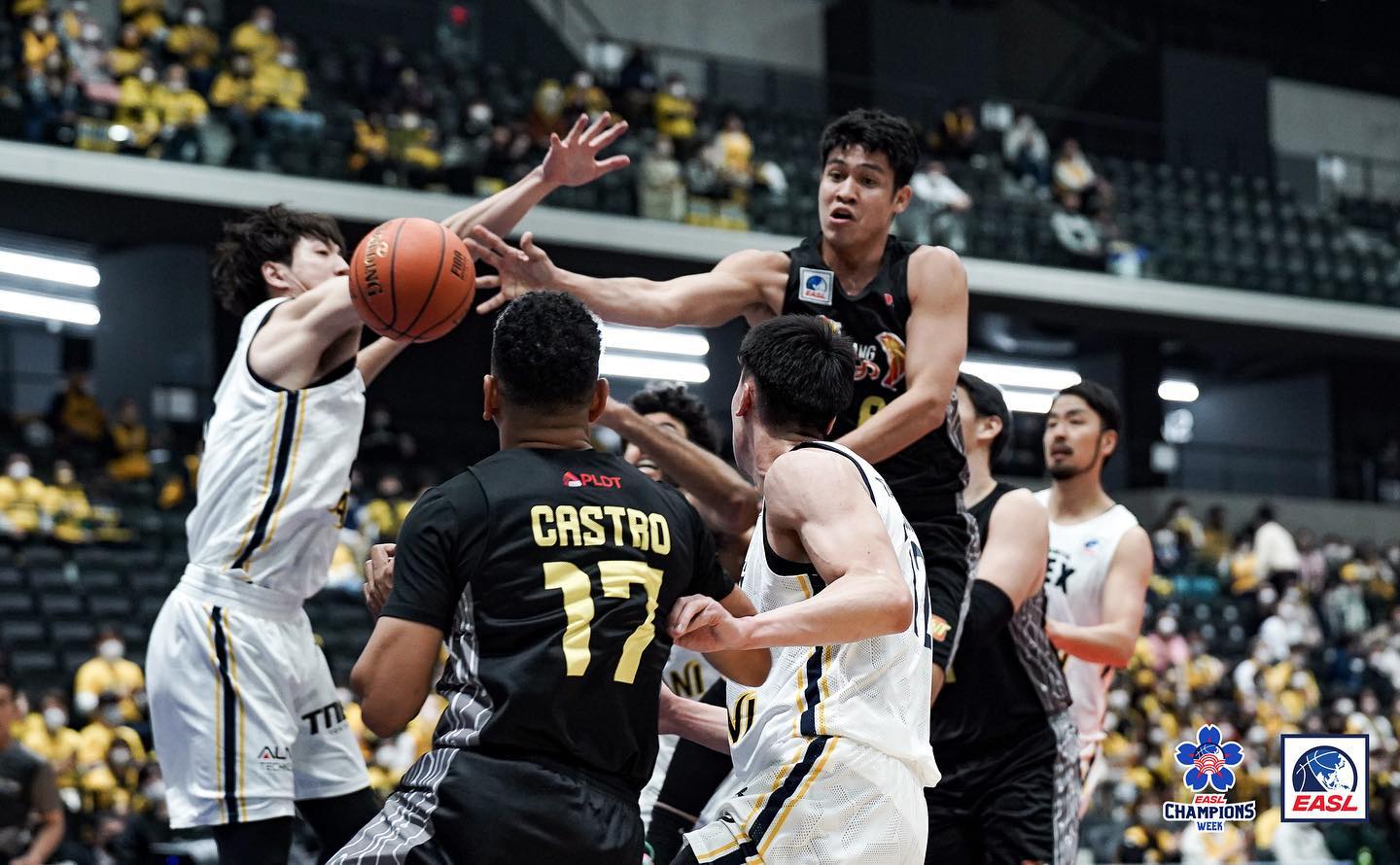
Upon setting foot on the court, both immediately got doused with the cold water of reality that they were in over their heads against vastly superior opposition who snuffed the fight out of them.
Both were shell-shocked in their very first game, with the Tropang Giga losing to Utsunomiya by 33 points and the Beermen by 28 points to Ryukyu.
TNT at least put up some semblance of resistance in their second game but ultimately fell short against Korean Basketball League’s Seoul SK, 69-80.
SMB, on the other, seemingly resigned themselves to the painful truth that they could not beat Anyang KGC and so chose to merely roll over and receive a humiliating 87-142 trashing.
No basketball player worth his salt will ever say a 55-point loss did not hurt his pride and ego. No one ever relishes the idea of getting beaten by that much.
As if on cue, both teams plus their apologists and fanatical supporters came up with various explanations for the poor showing of the PBA teams.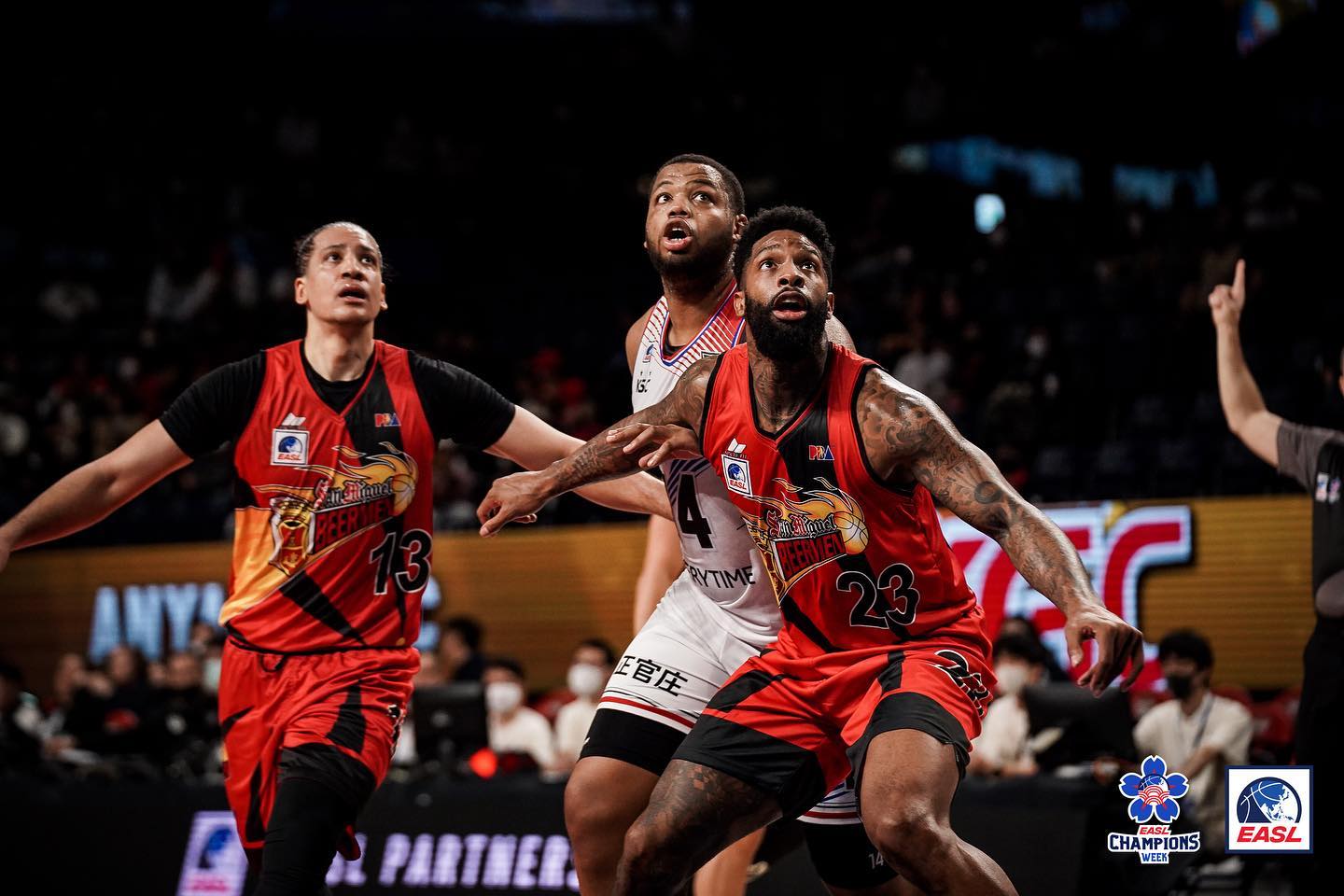
The PBA teams did not have enough time to practice with their other import.
The two teams were not used to playing against opponents with two imports.
The players were in Japan for rest and recreation and not really to compete.
The PBA teams were not used to FIBA rules and 40-minute games.
They were trying to conserve their energy and avoid injuries because the real battle was not in Utsunomiya nor in Okinawa but on home soil in the PBA Governor’s Cup.
All of which really equates to nothing more than a litany of excuses.
This almost knee-jerk tendency to always justify the PBA’s shortcomings is emblematic of what is wrong.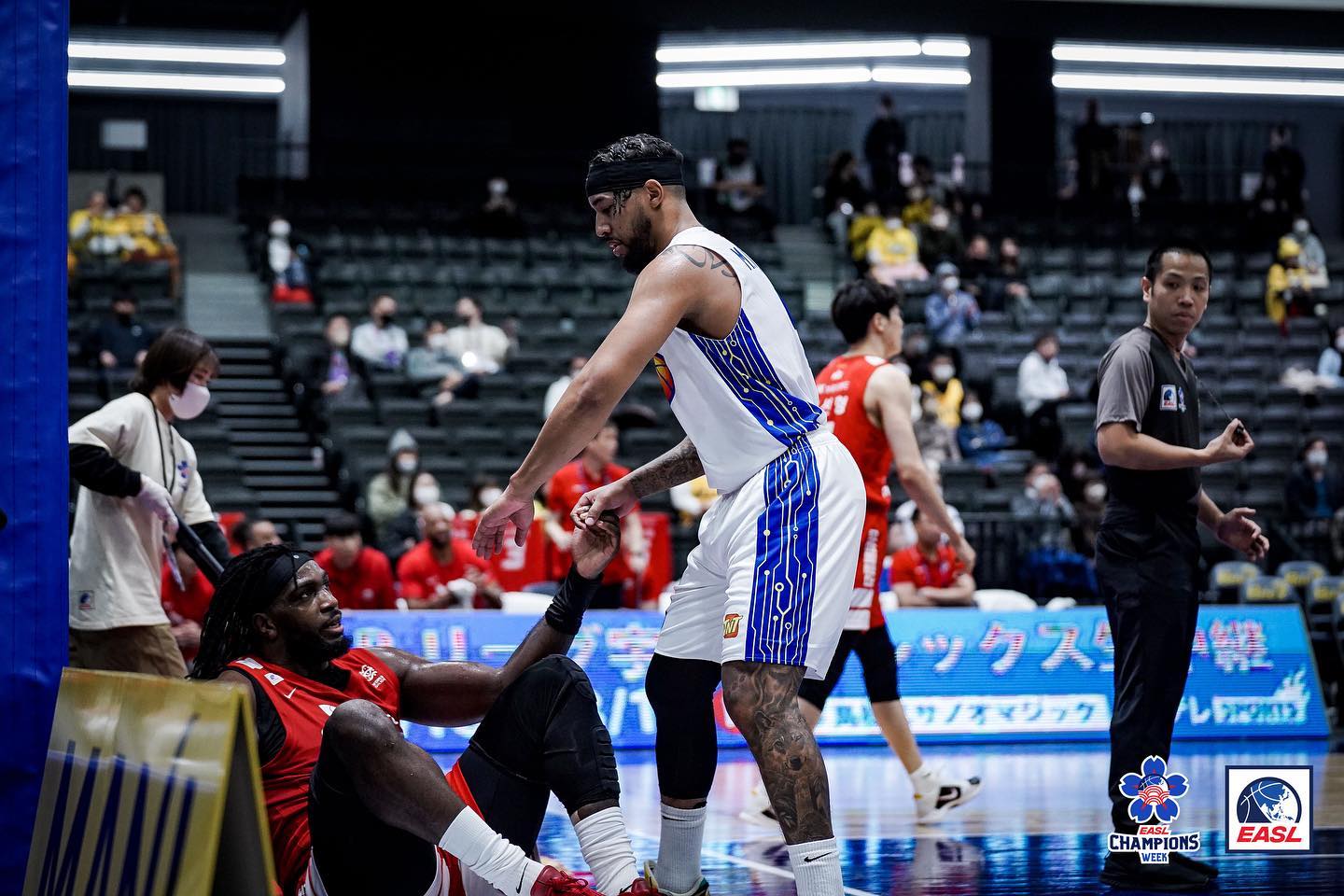
Instead of admitting what is lacking and what needs to be done and the honesty to acknowledge that improvements have to be made to enable the PBA to keep pace with the modern trends in other professional leagues in Asia, they instead went on the offensive through their mouthpieces who continue to defend them so they could frantically and rather hilariously cling to the delusion that all is well in this Southeast Asian front.
While other leagues in Asia have looked outwards and opened themselves to external influences, learnings, coaching, and best practices, the PBA stuck to its insular and protectionist mentality and ways because it did not see anything wrong with the status quo where Ginebra can still draw crowds that can fill up the Philippine Arena.
There has been very minimal technology transfer happening in the PBA in the last decades simply because the league exists in a bubble of its own creation.
In that bubble, they believe the league’s long-standing rules that have been in place since Donnie Ray Koonce last played in the Philippines remain relevant in this day and age. Never mind that the PBA is probably one of the few leagues, if not the only league, in the world which still imposes a 6-foot-6 height limit on imports.
In that bubble, foreign coaches are a threat to Filipino coaches who will learn nothing from these mercenaries who are out to steal jobs that could be expertly handled by locals.
In that bubble, there is no manual where the two adjectives “unfair” and “lopsided” are ever used to describe the word “trade”.
In that bubble, the suggestion to have two, moreso three imports, is incredulous because Filipino players will end up languishing on the bench or just watch their imports win games for them.
In that bubble, the PBA is the best league in Asia, which is why clubs from Japan, South Korea, and Taiwan have been recruiting Filipino imports.
Ultimately, this obstinate refusal to recognize the reality that the PBA is not the gold standard in basketball in Asia turns out to be the biggest issue plaguing the league.
It is only when the PBA will do some honest-to-goodness introspection that genuine transformation can happen.
It is only when the PBA accepts that its flawed and archaic ways have to be reviewed and amended can it finally burst the bubble and allow progressive changes to be instituted.

